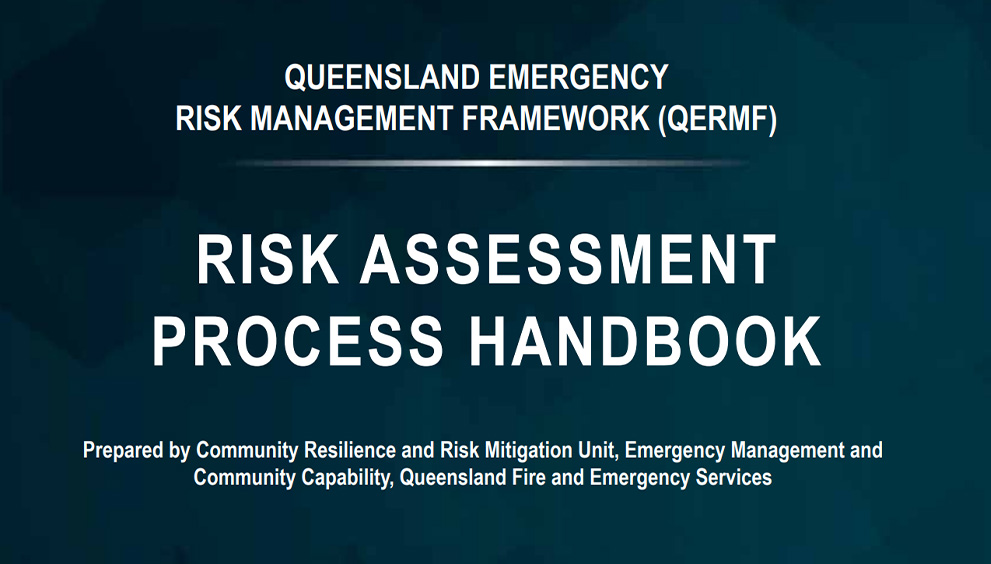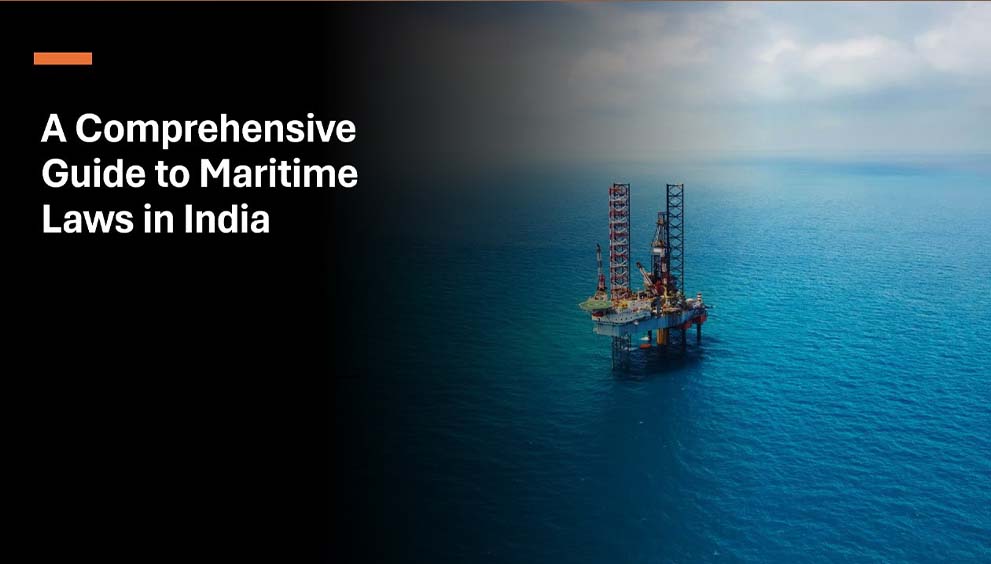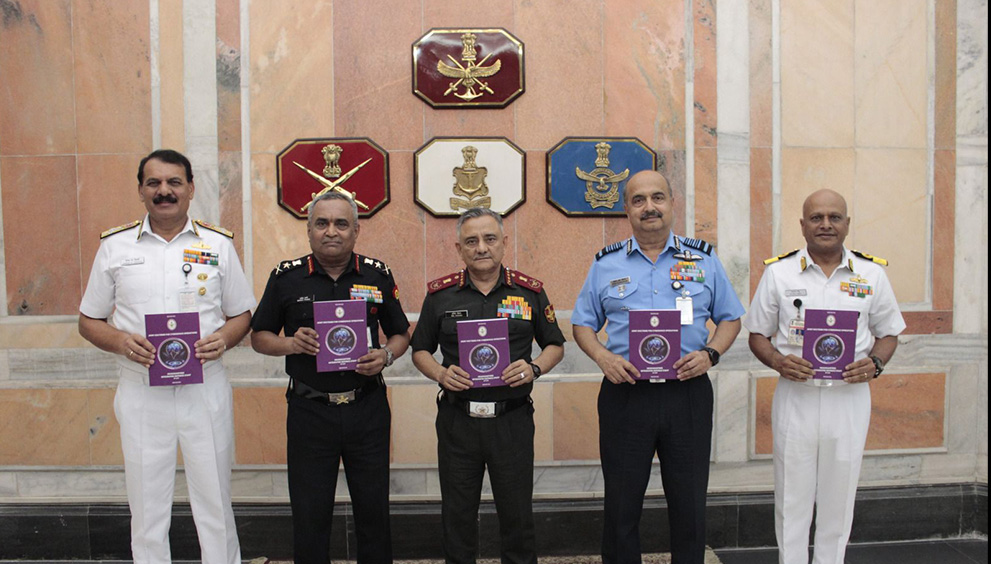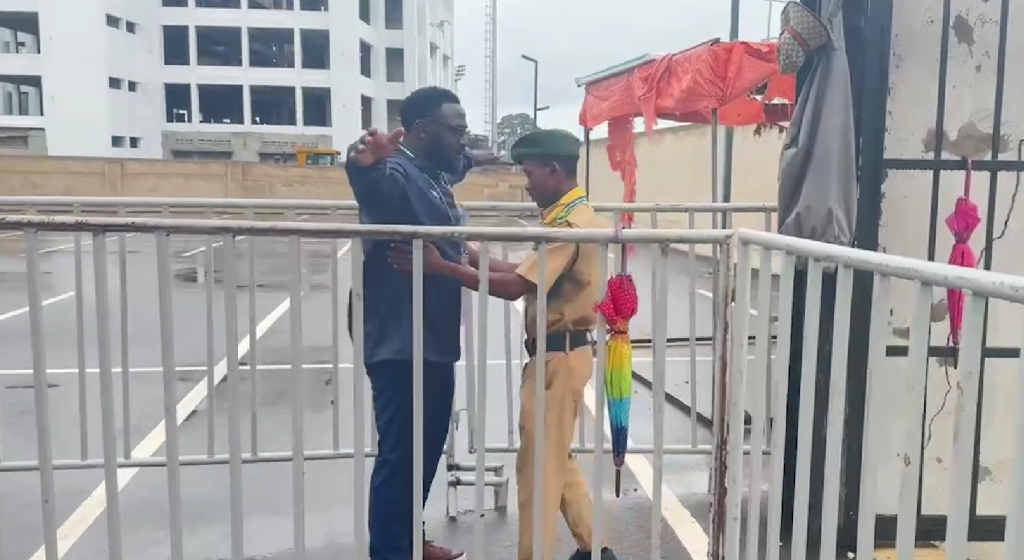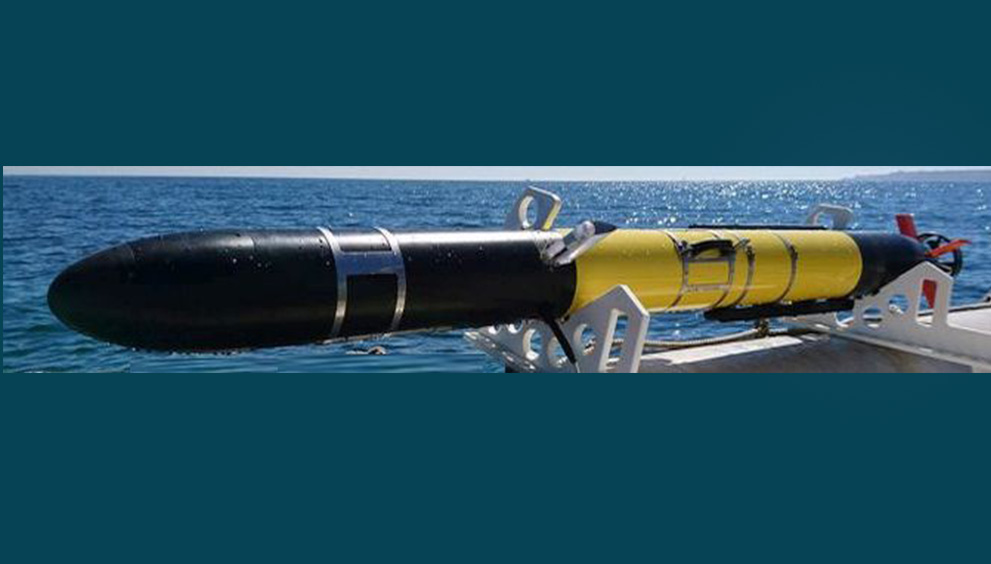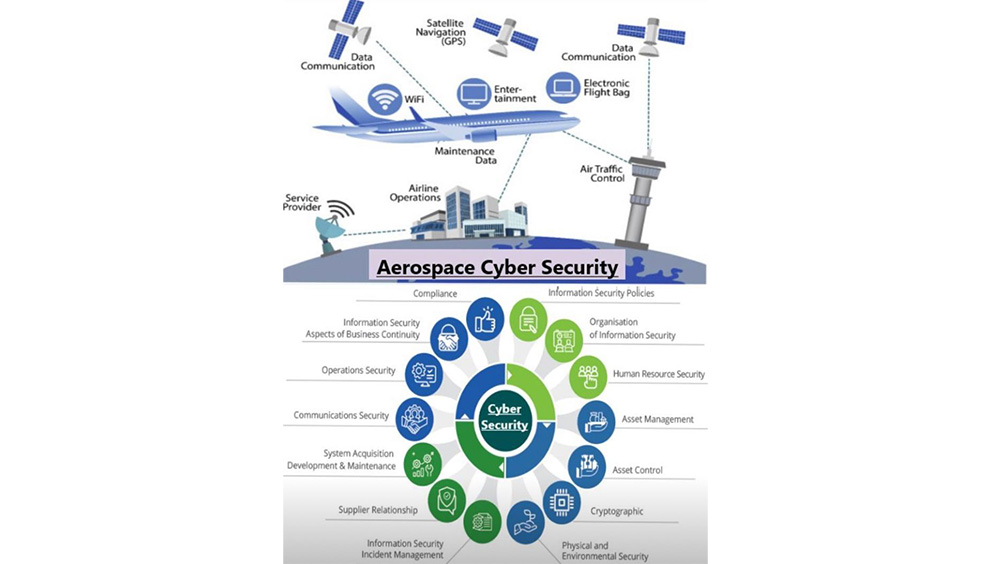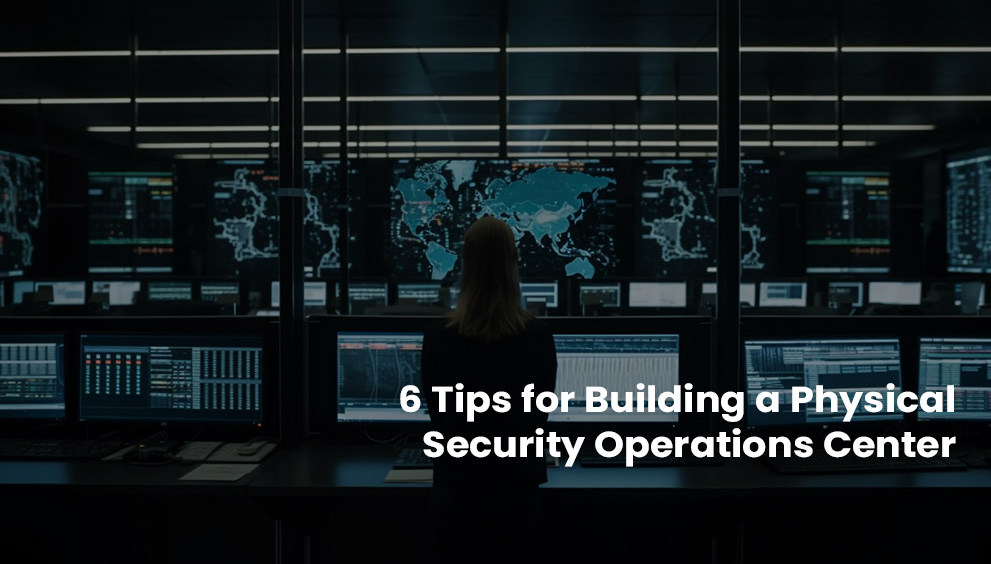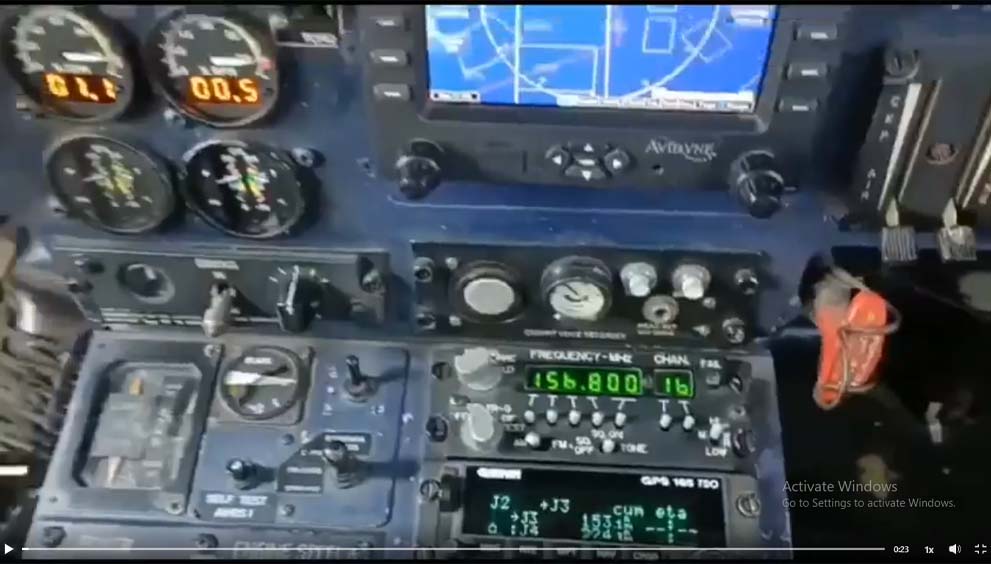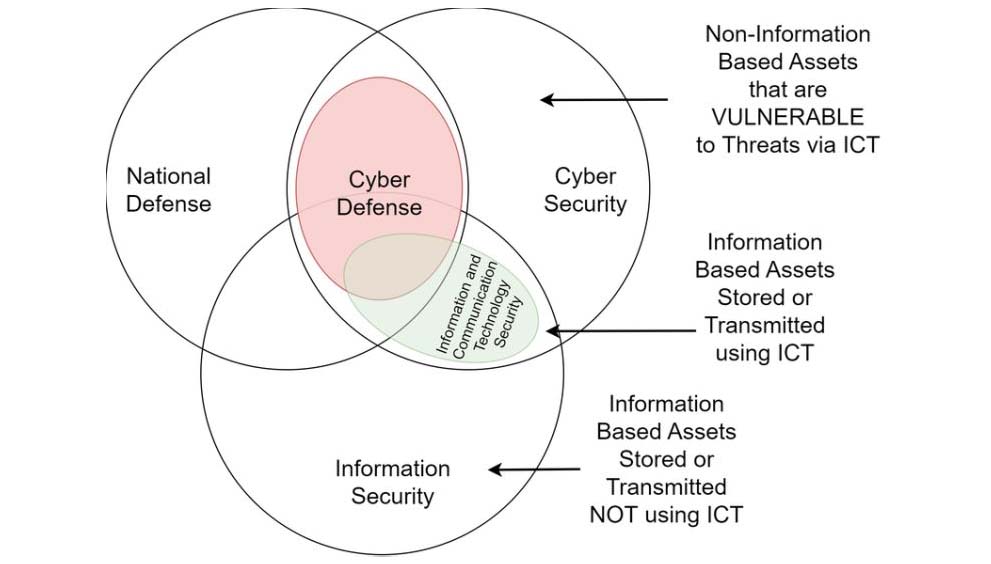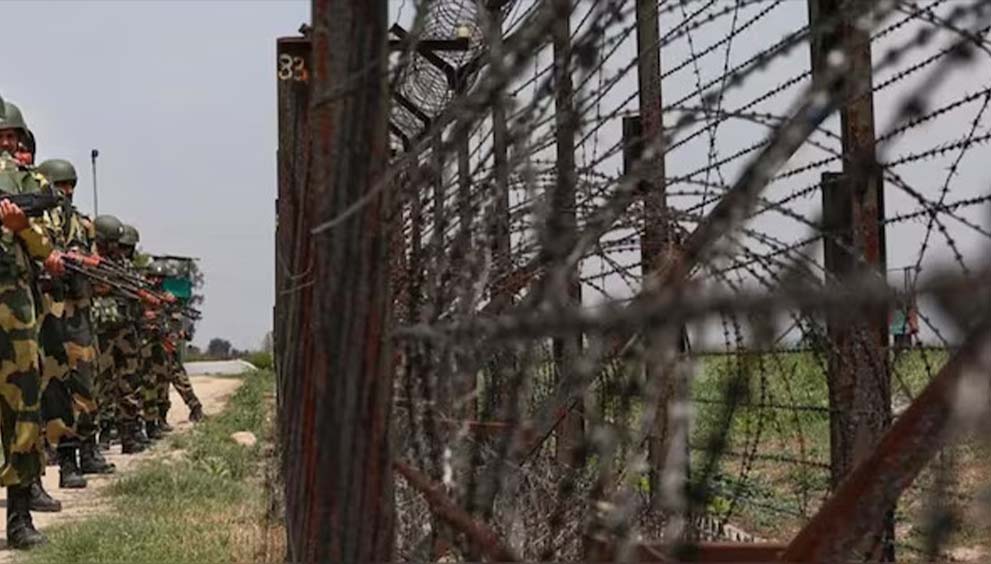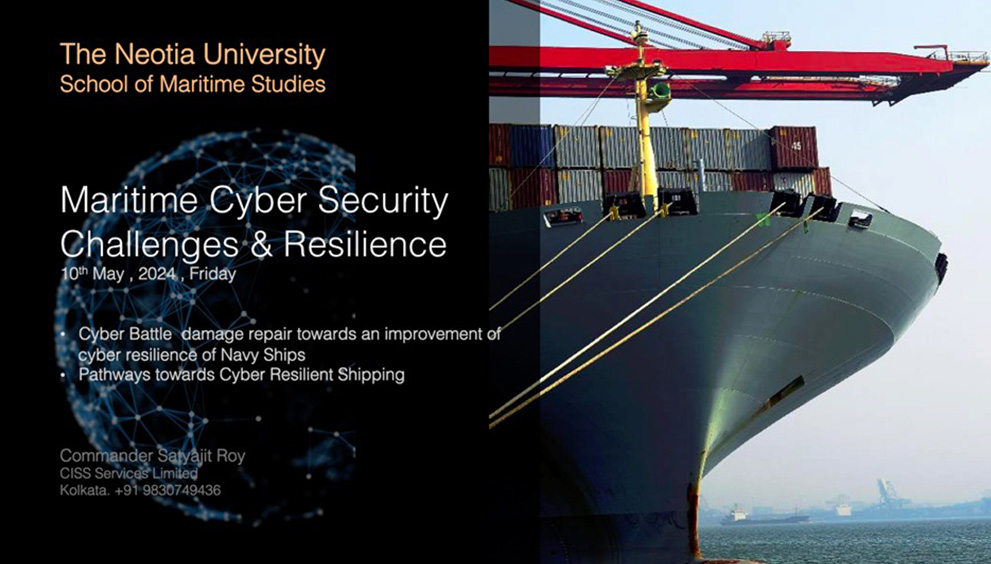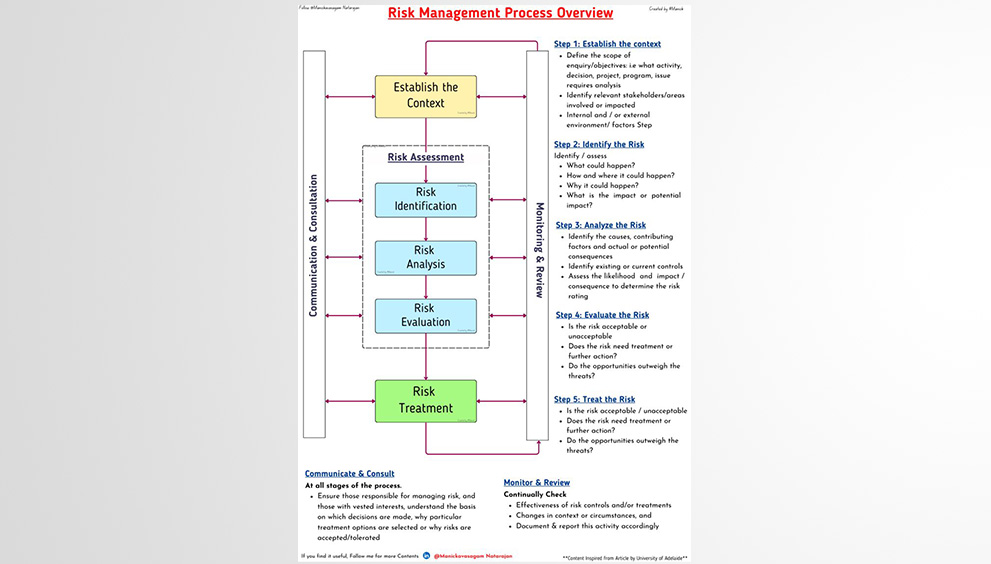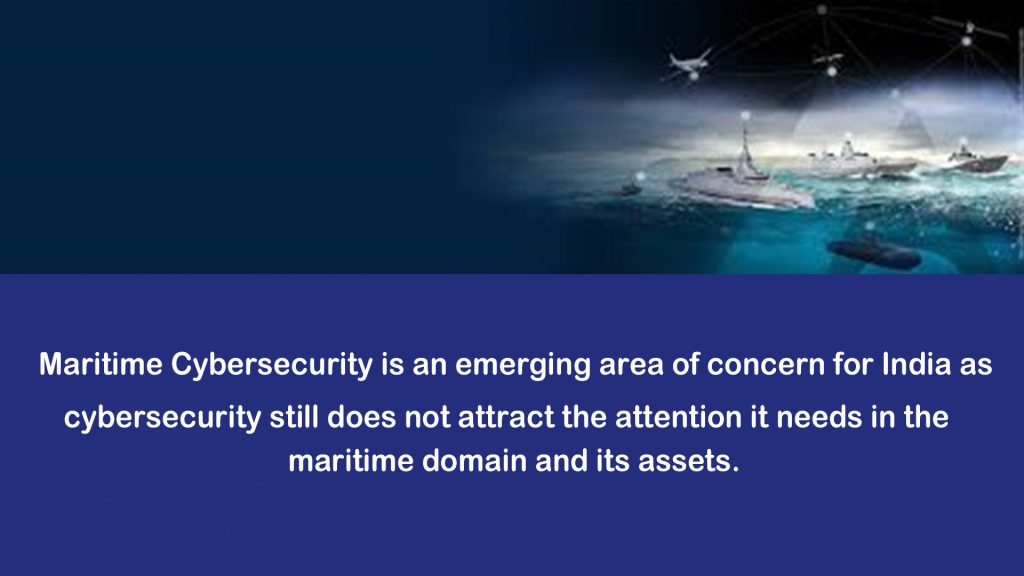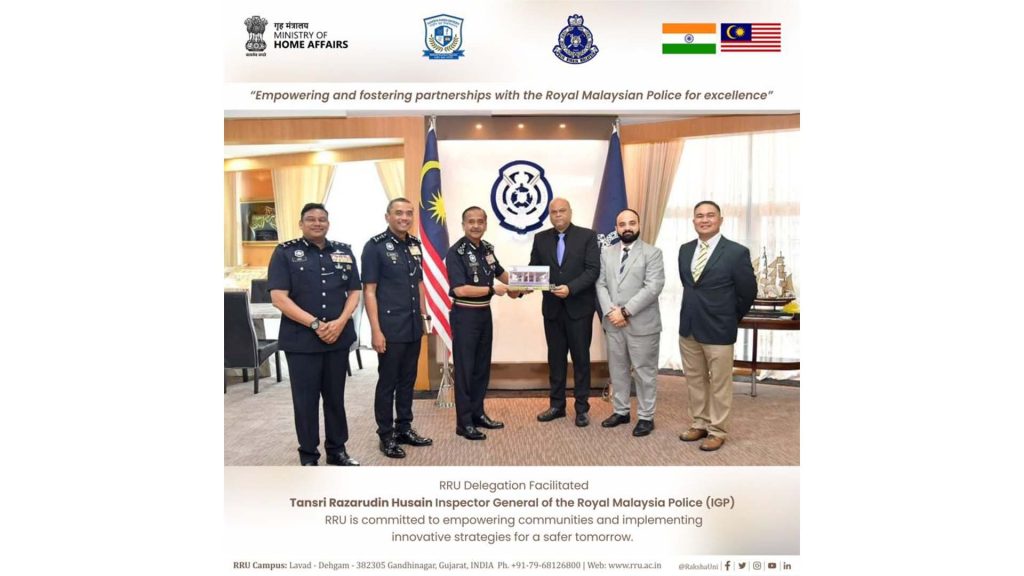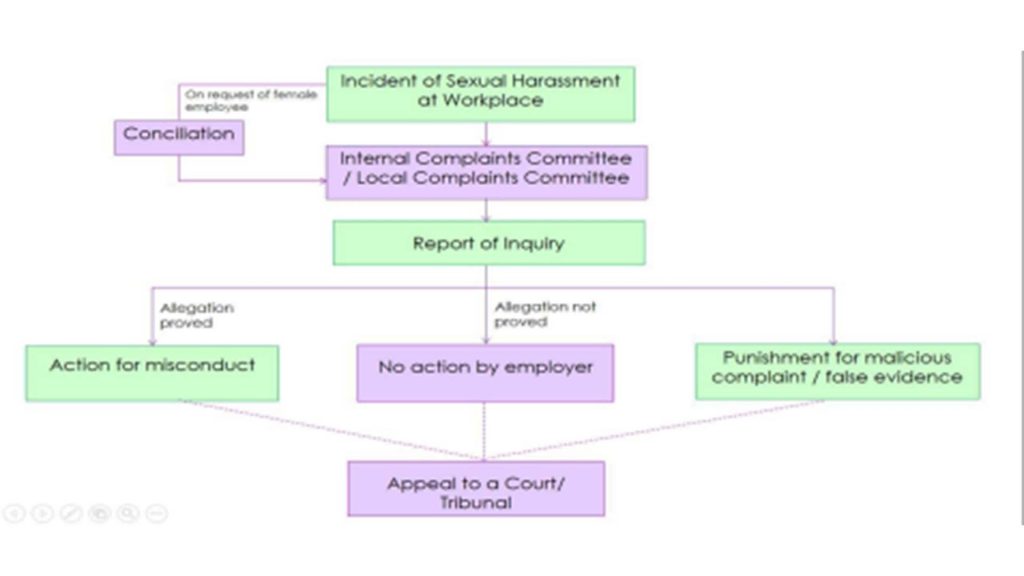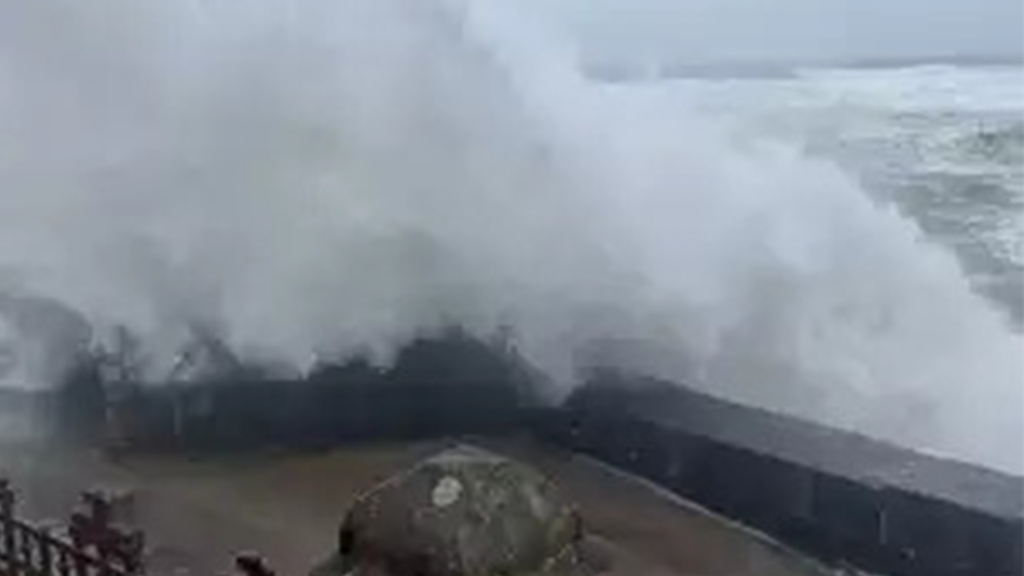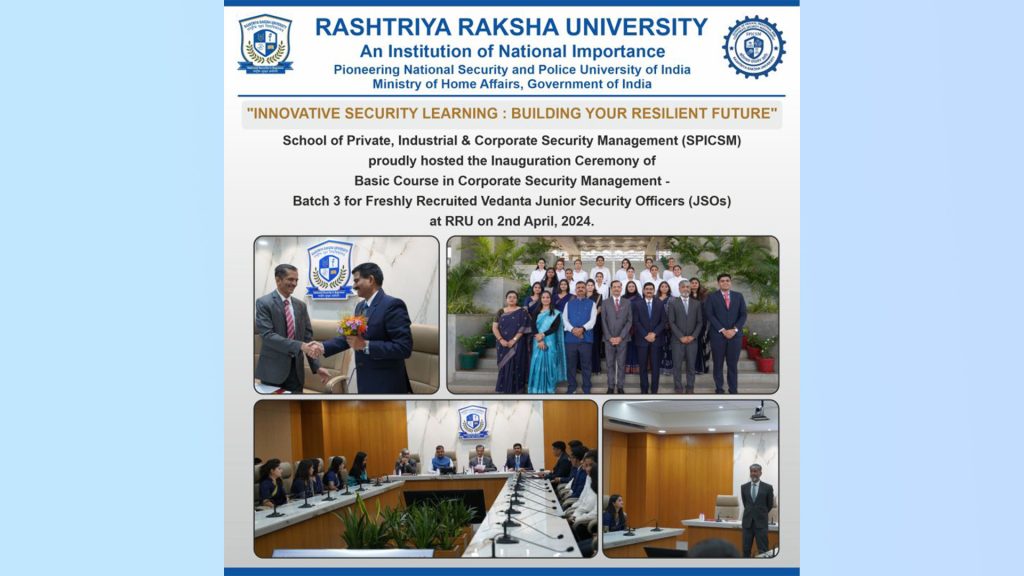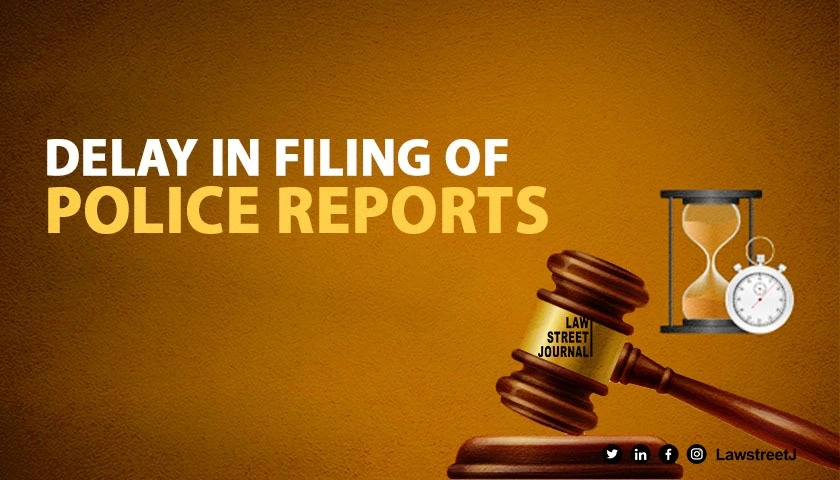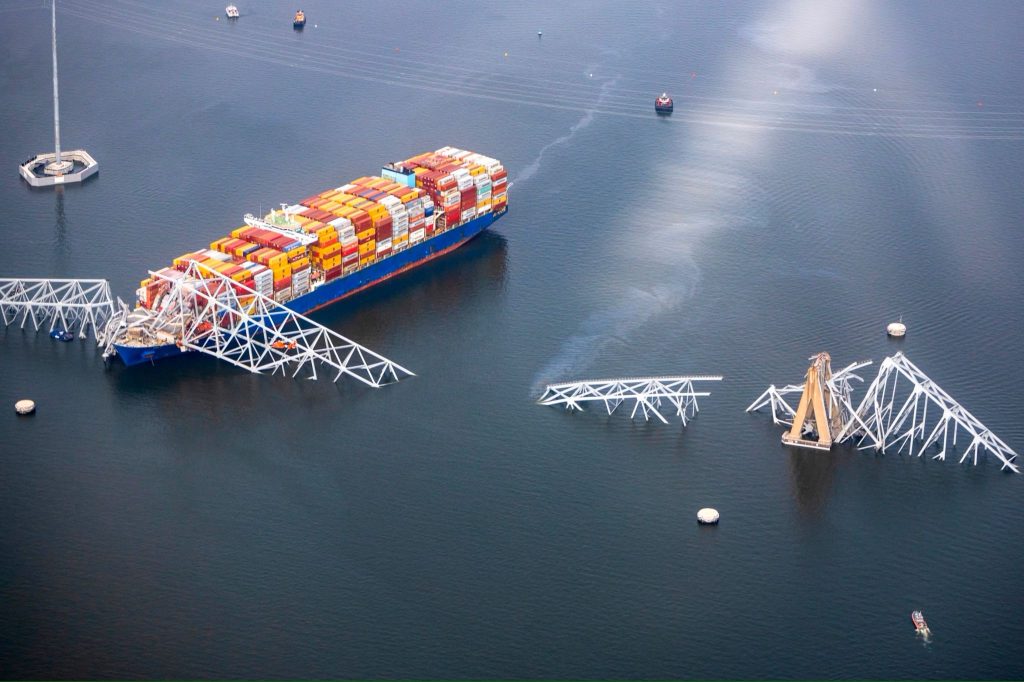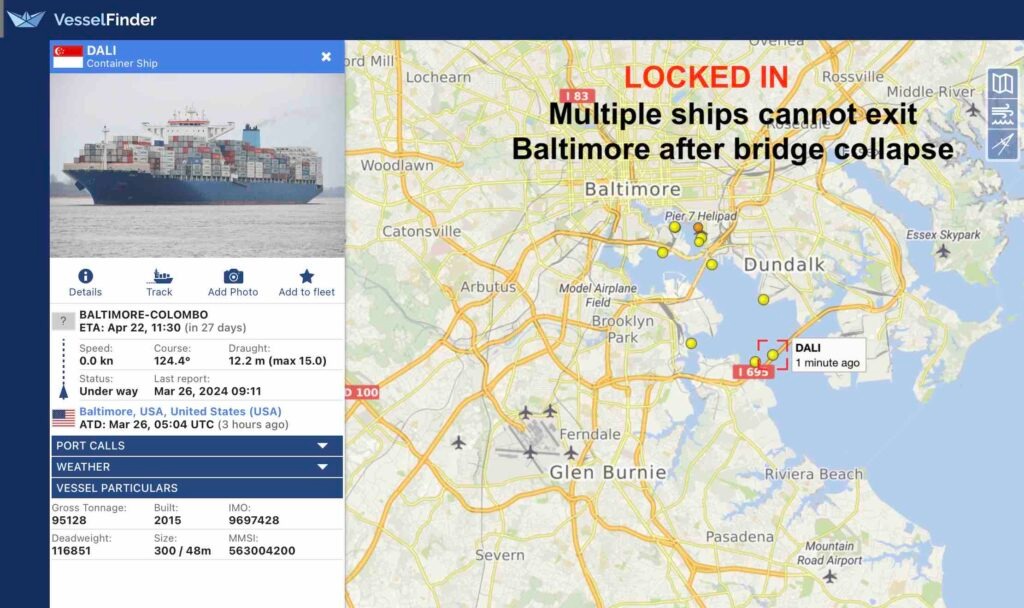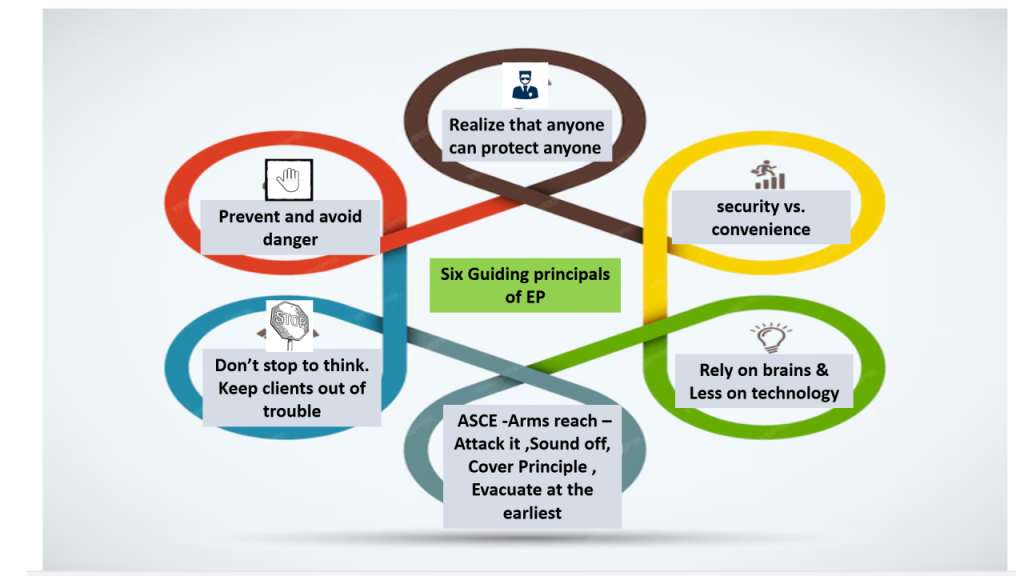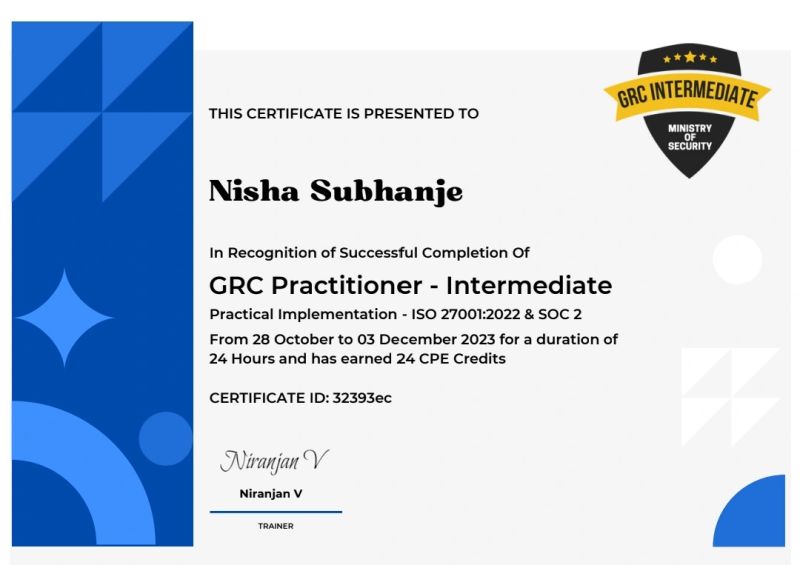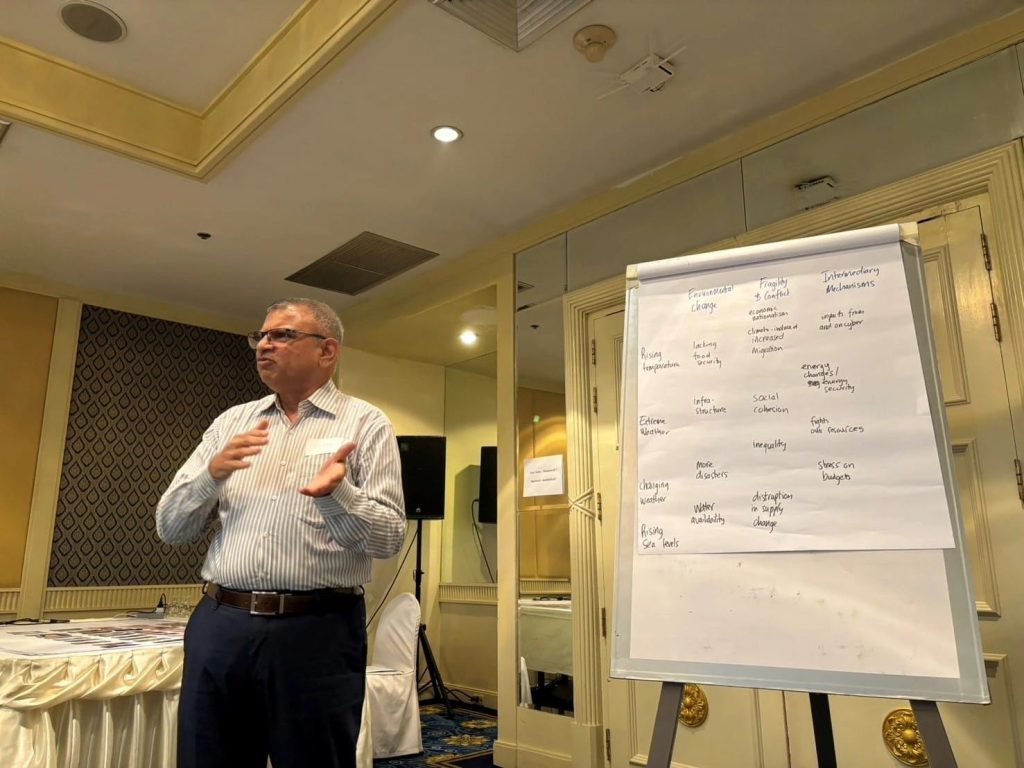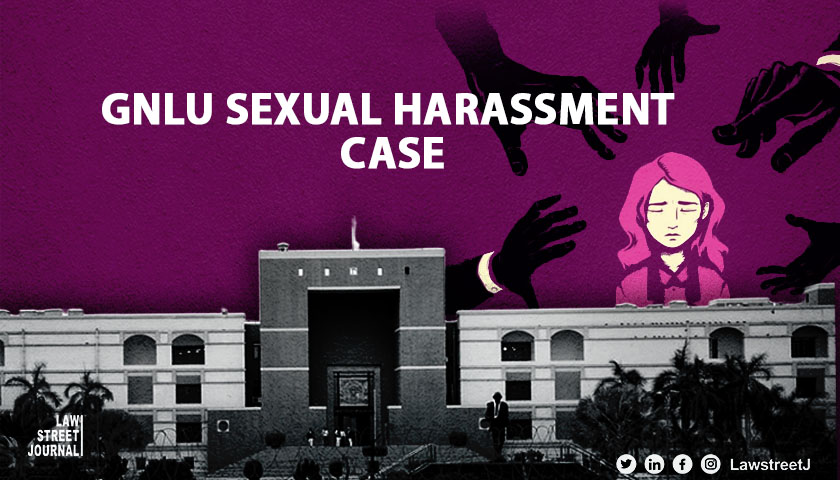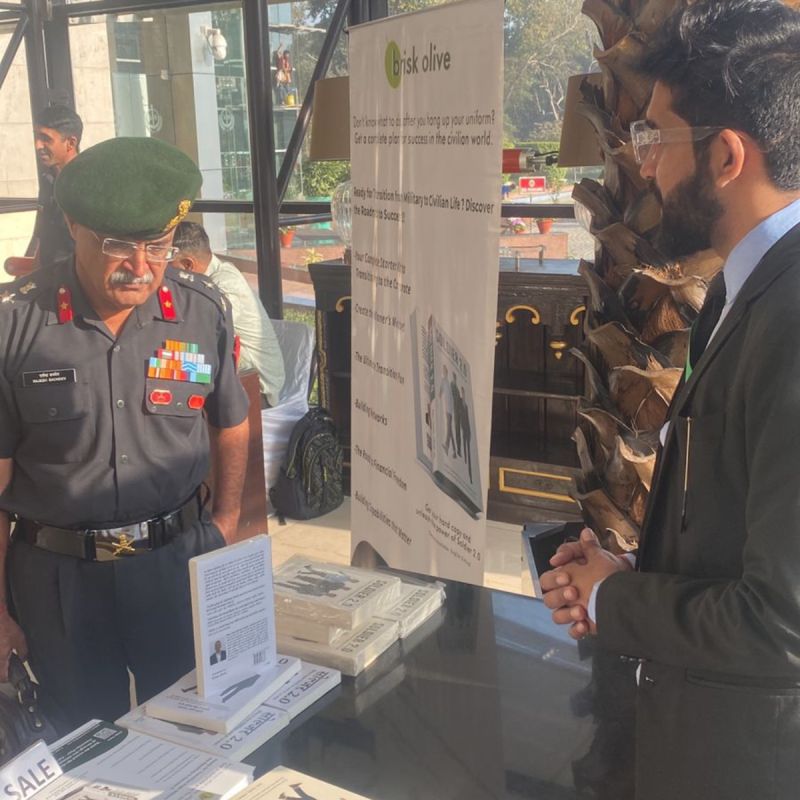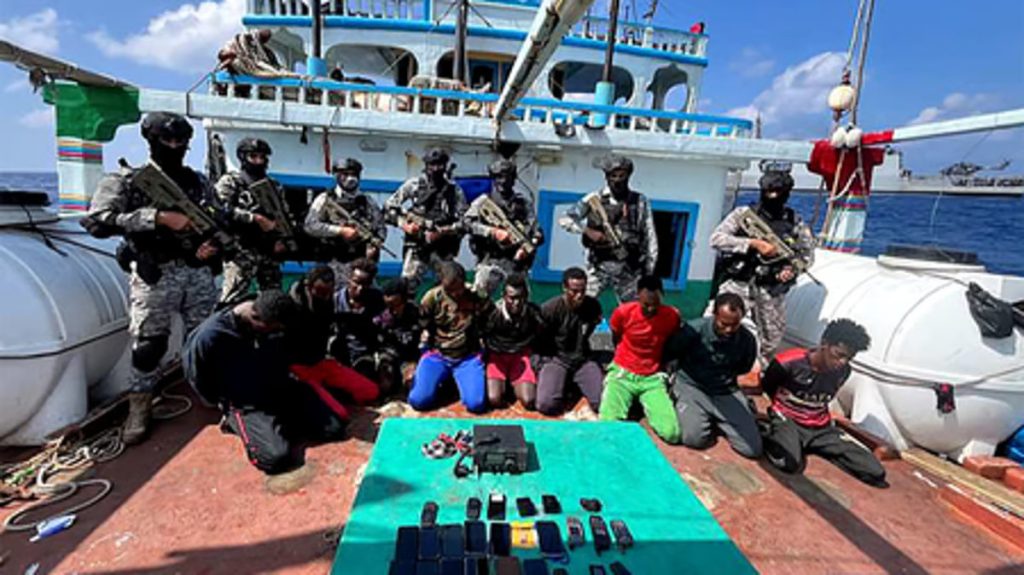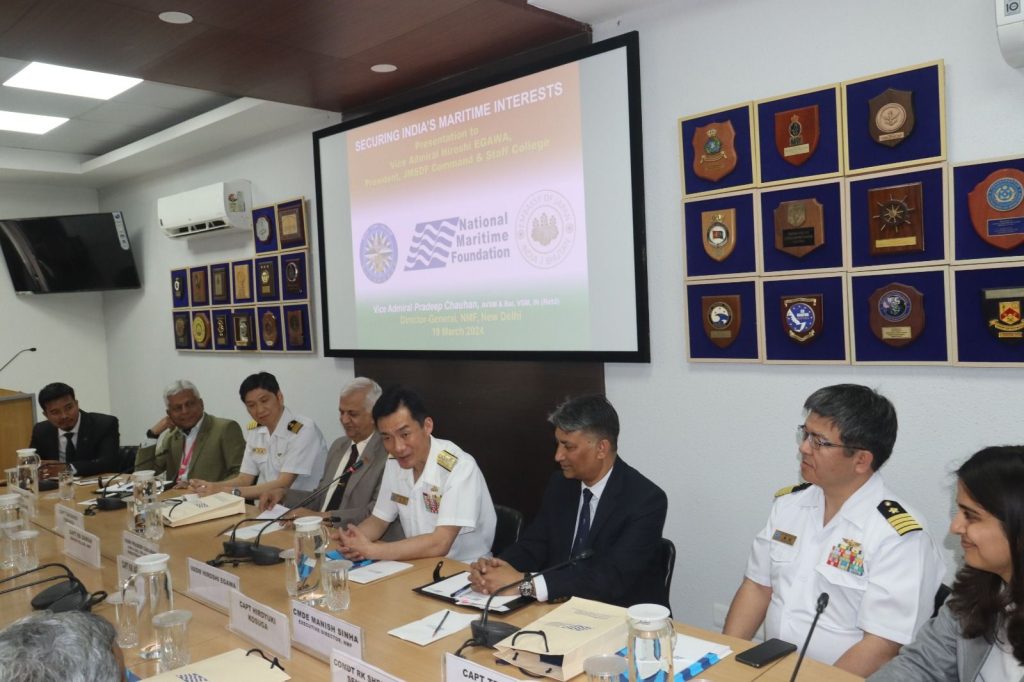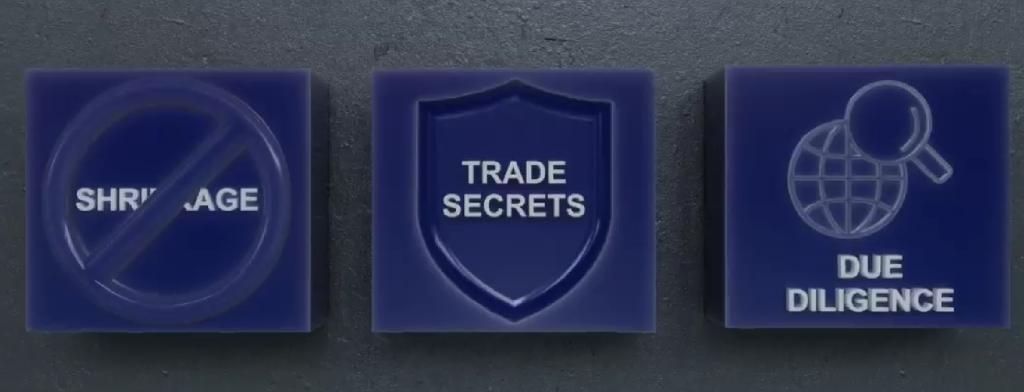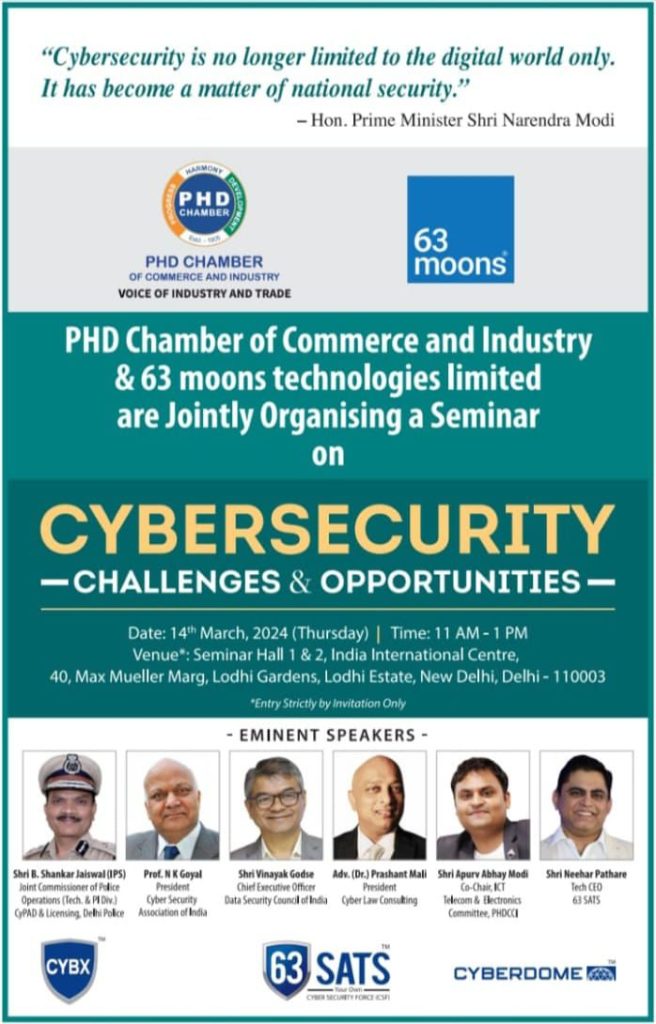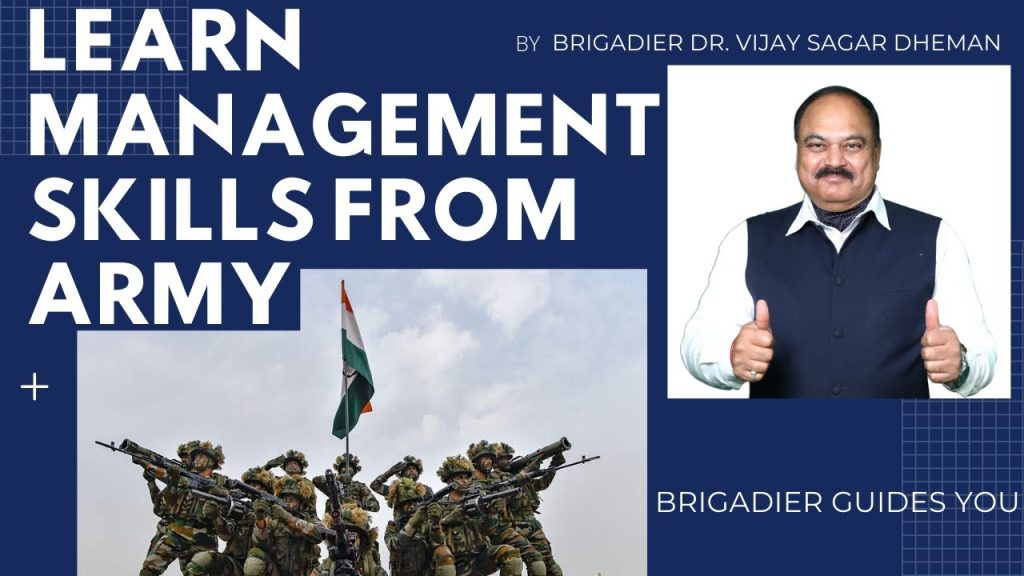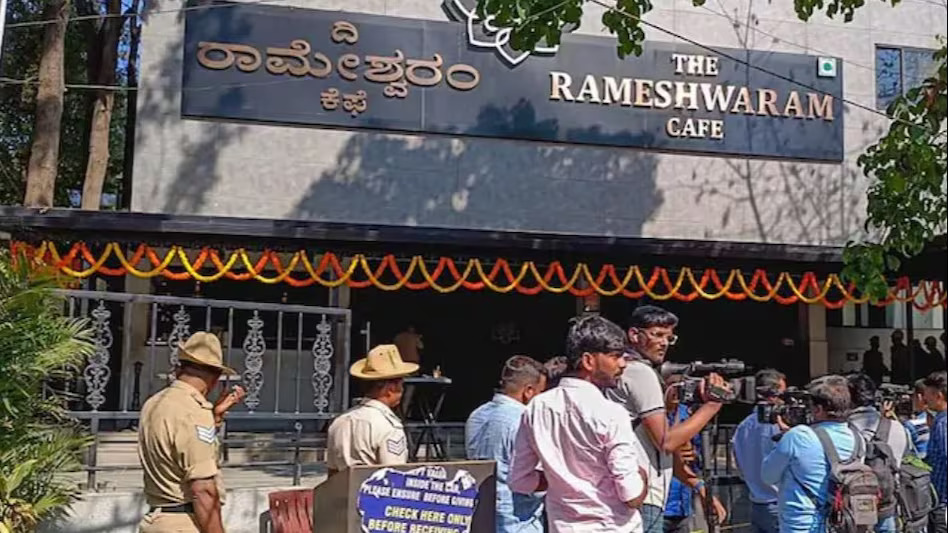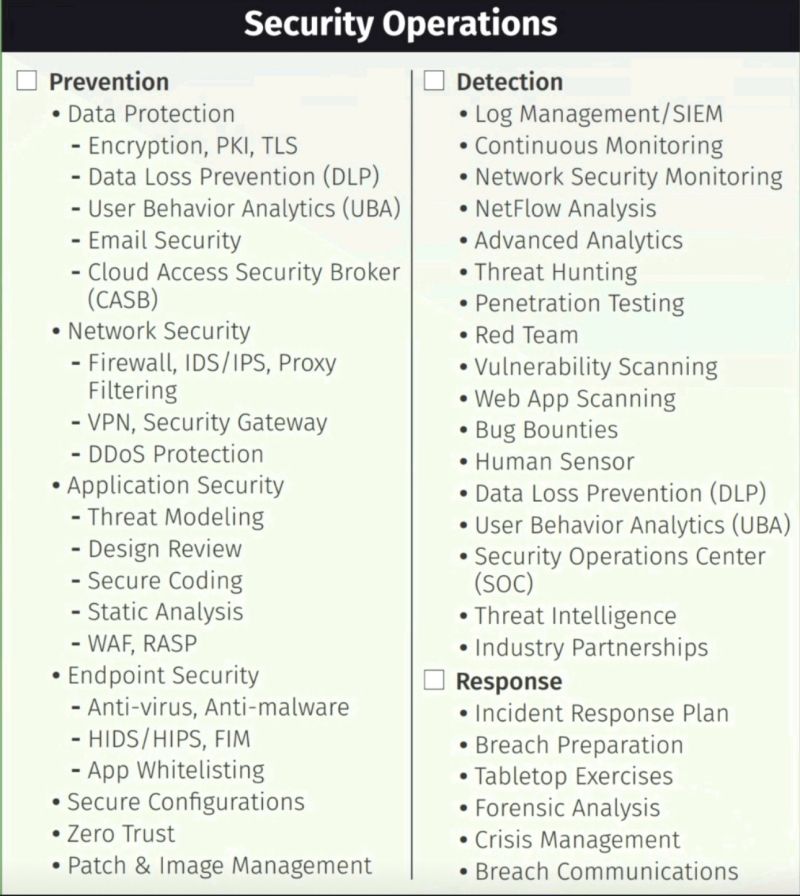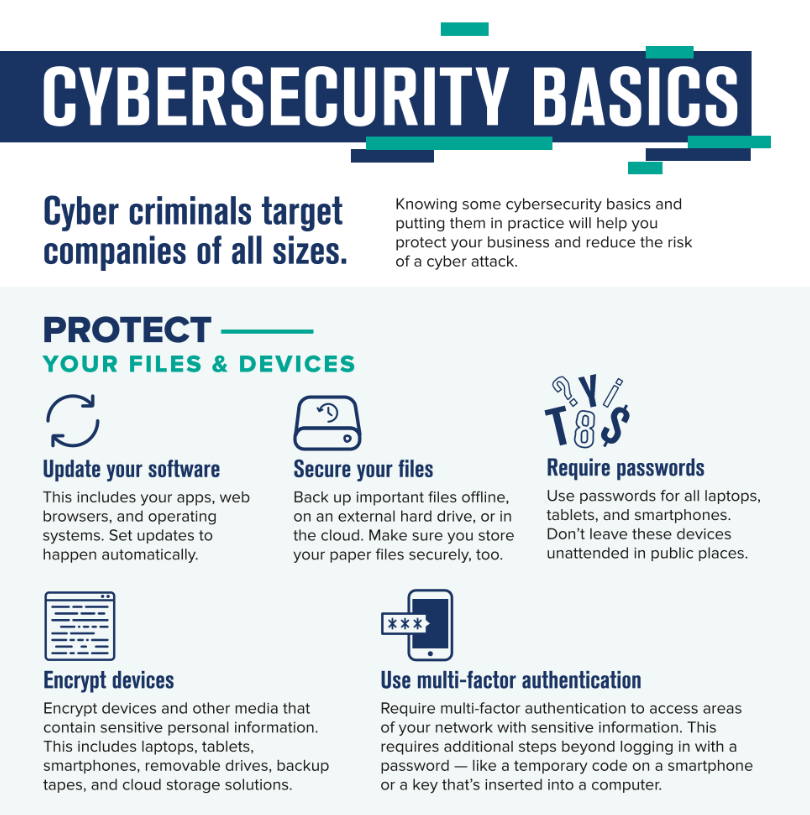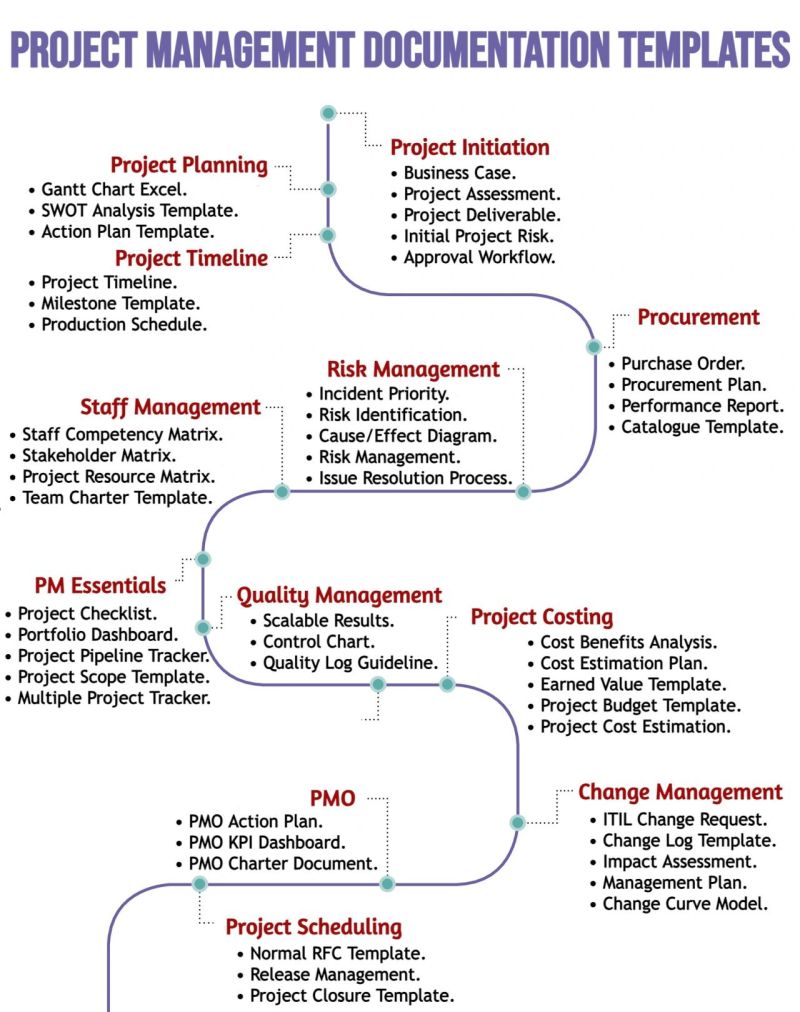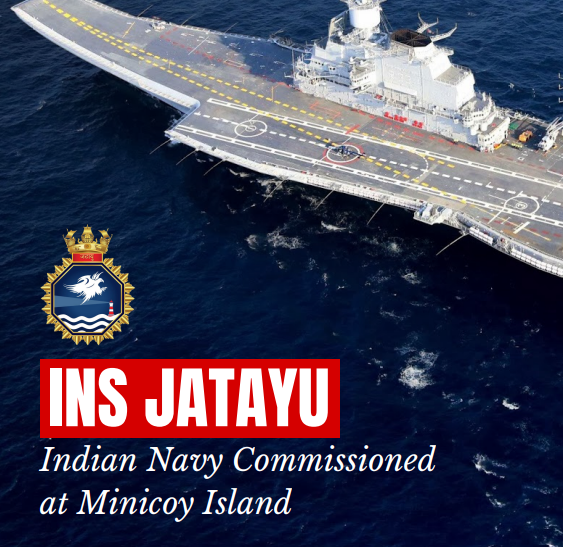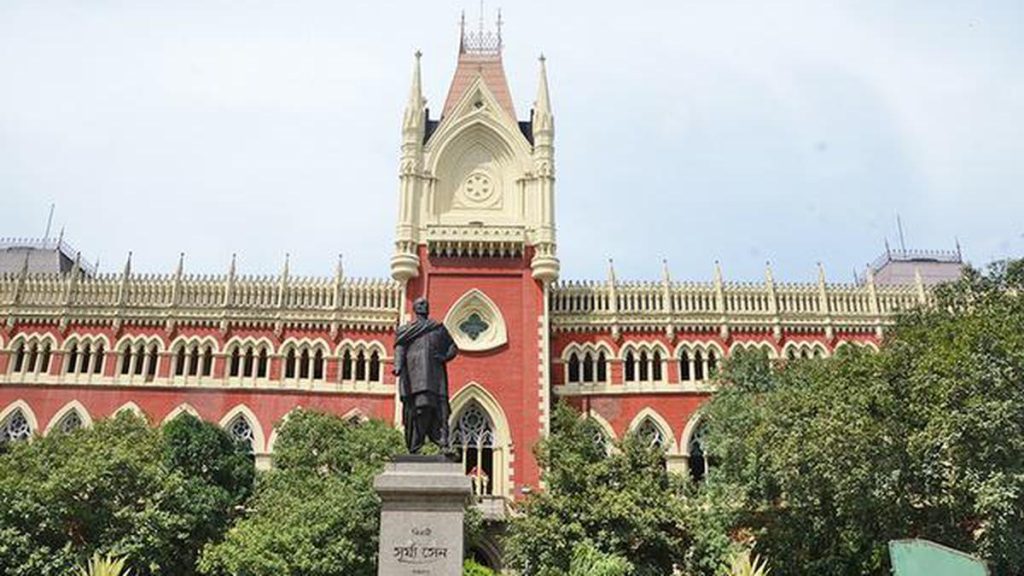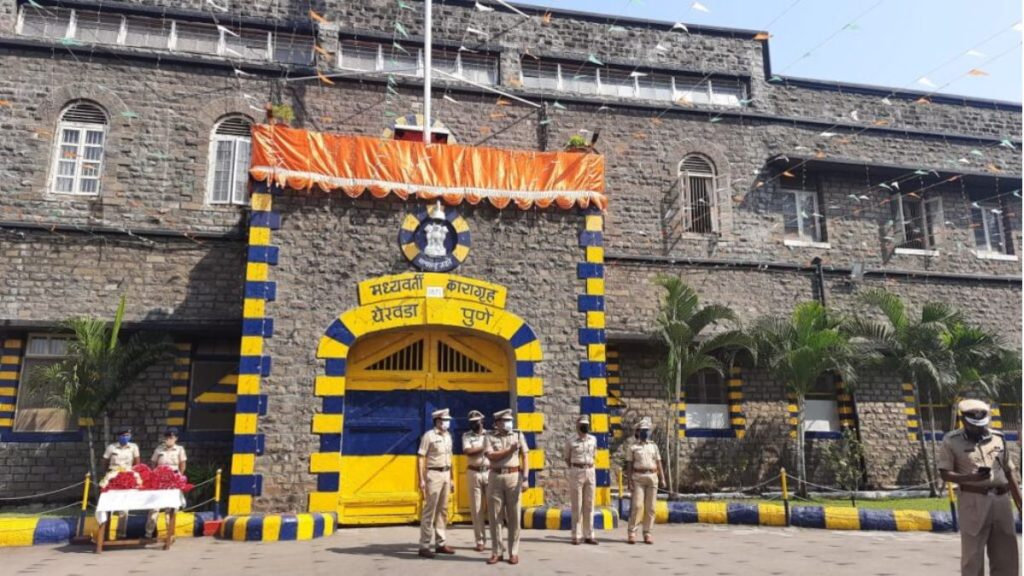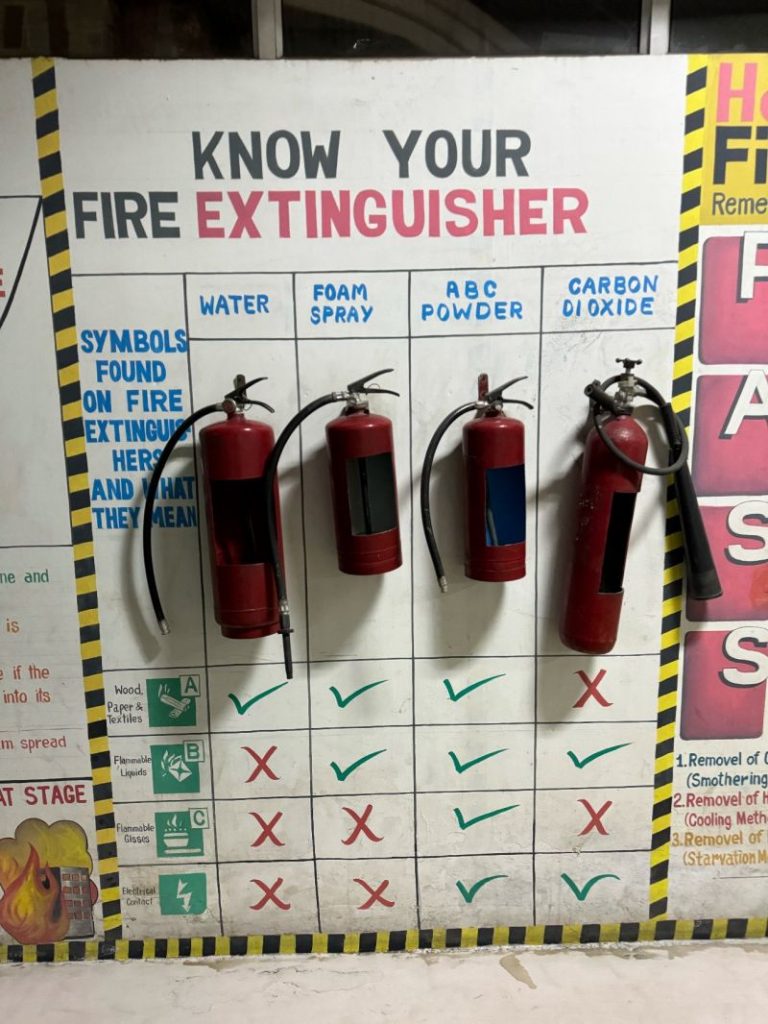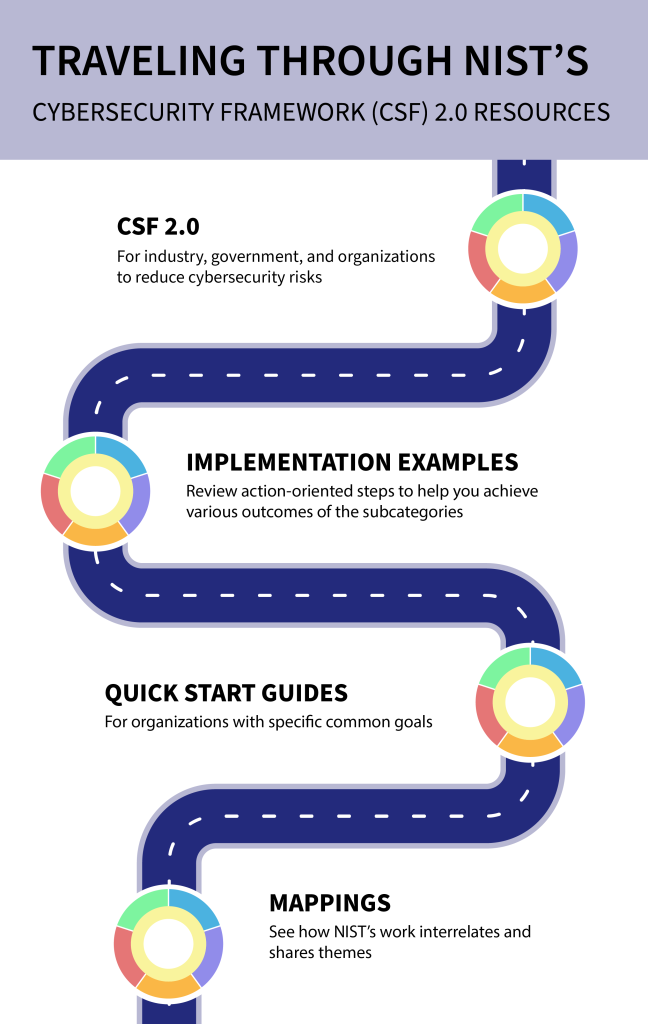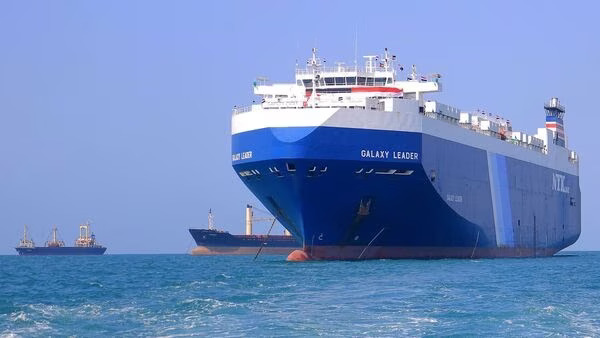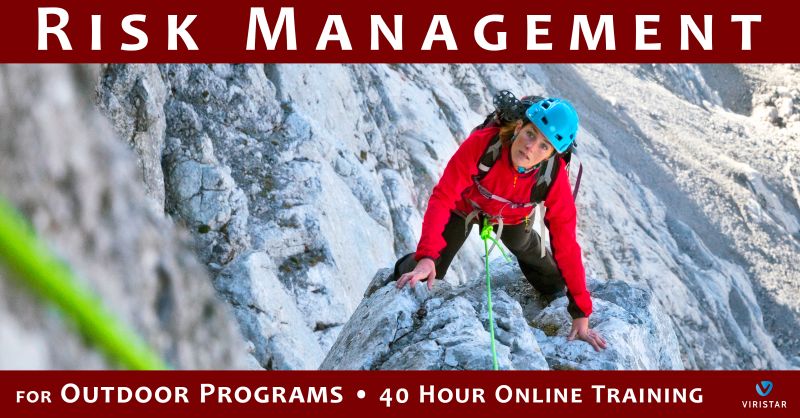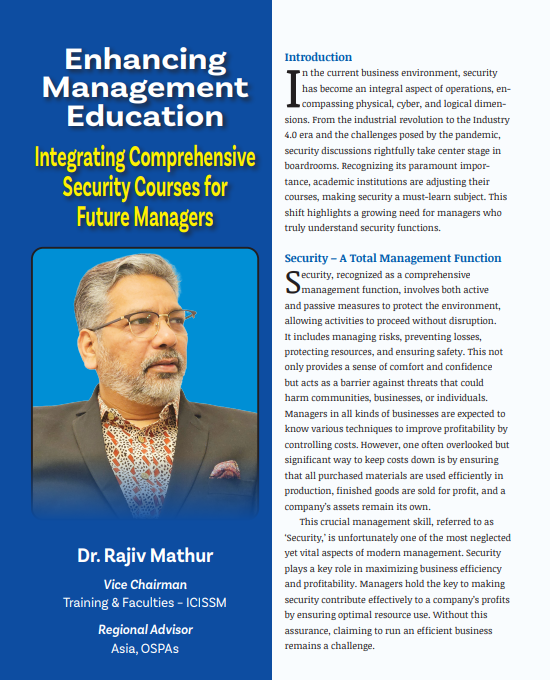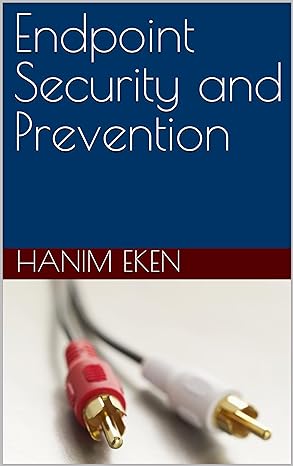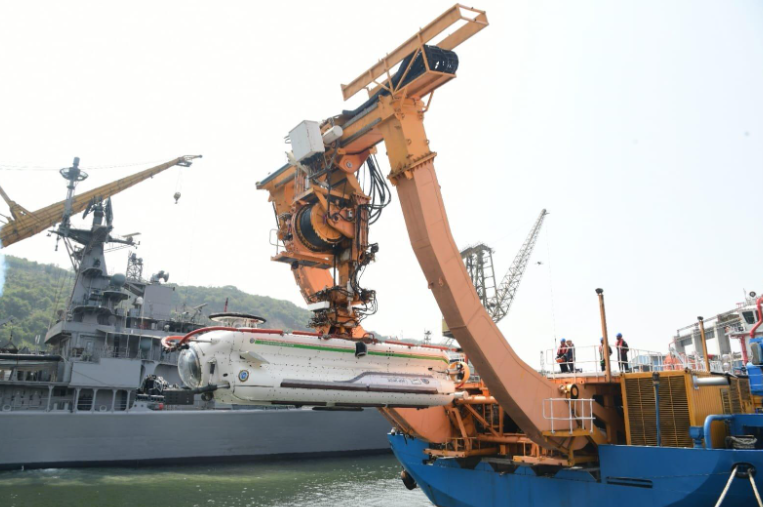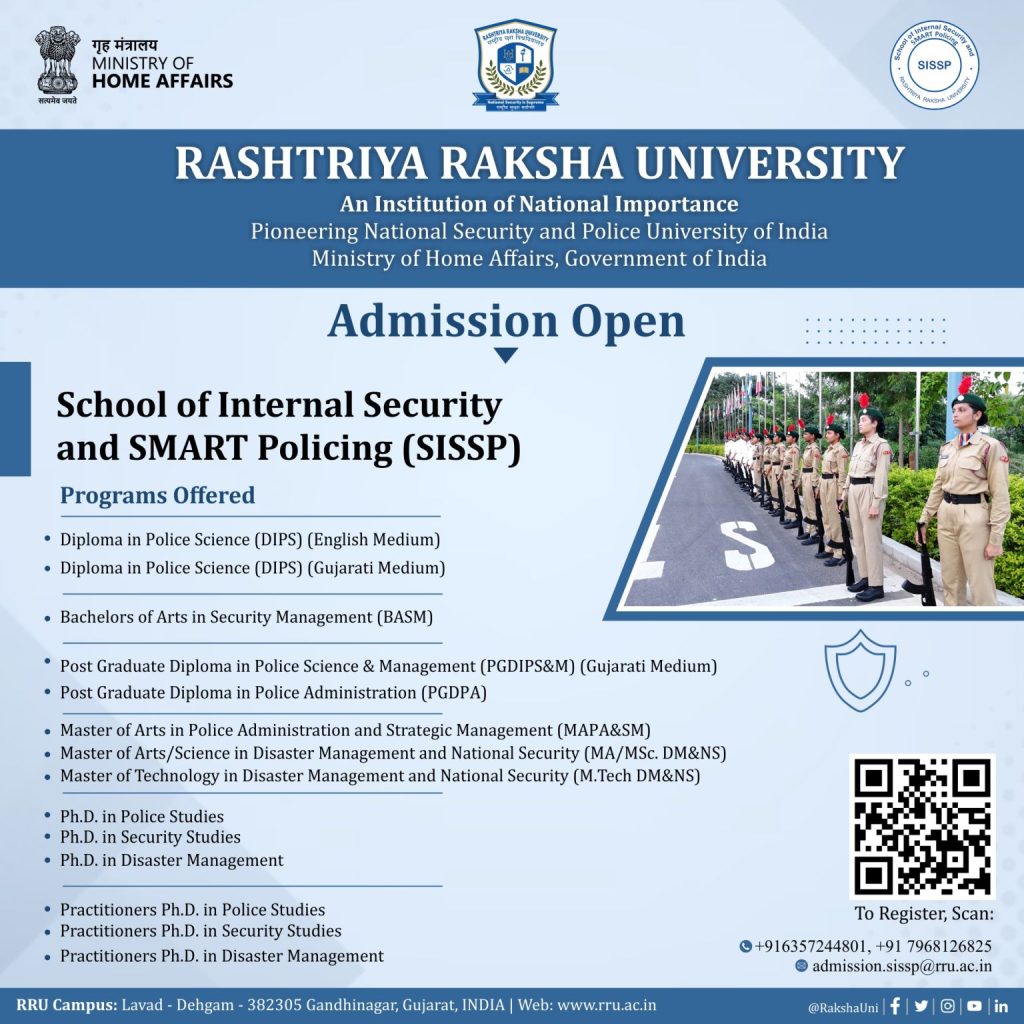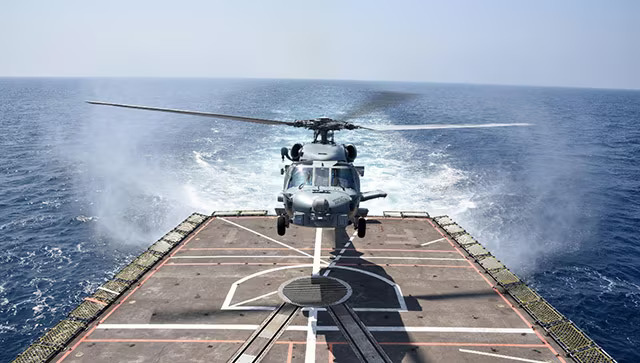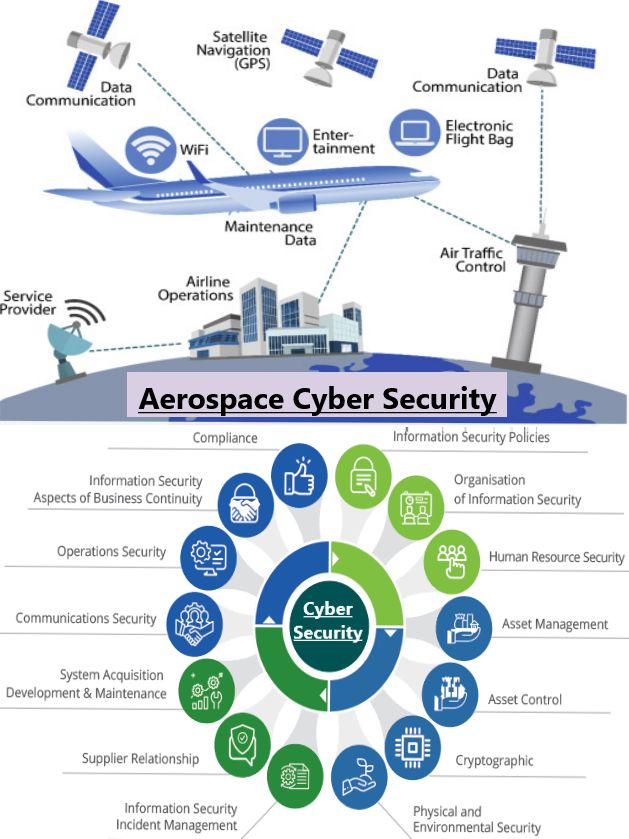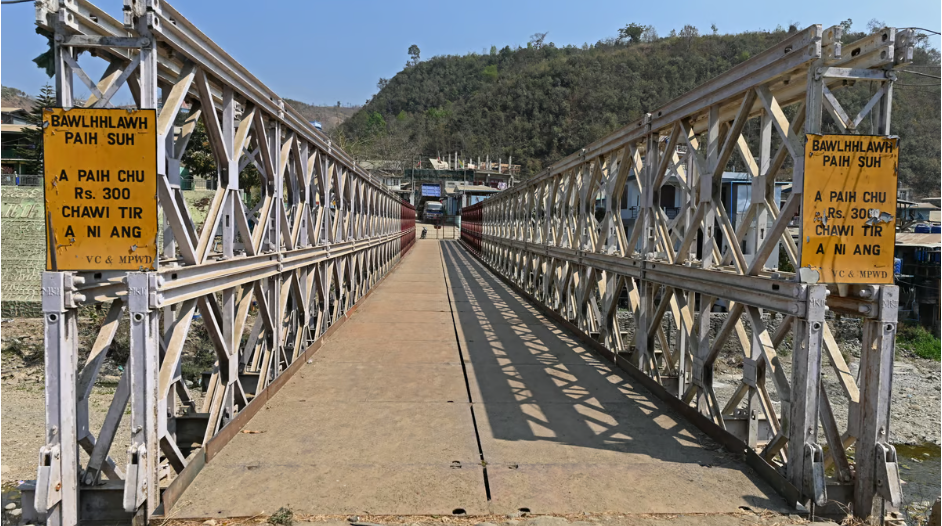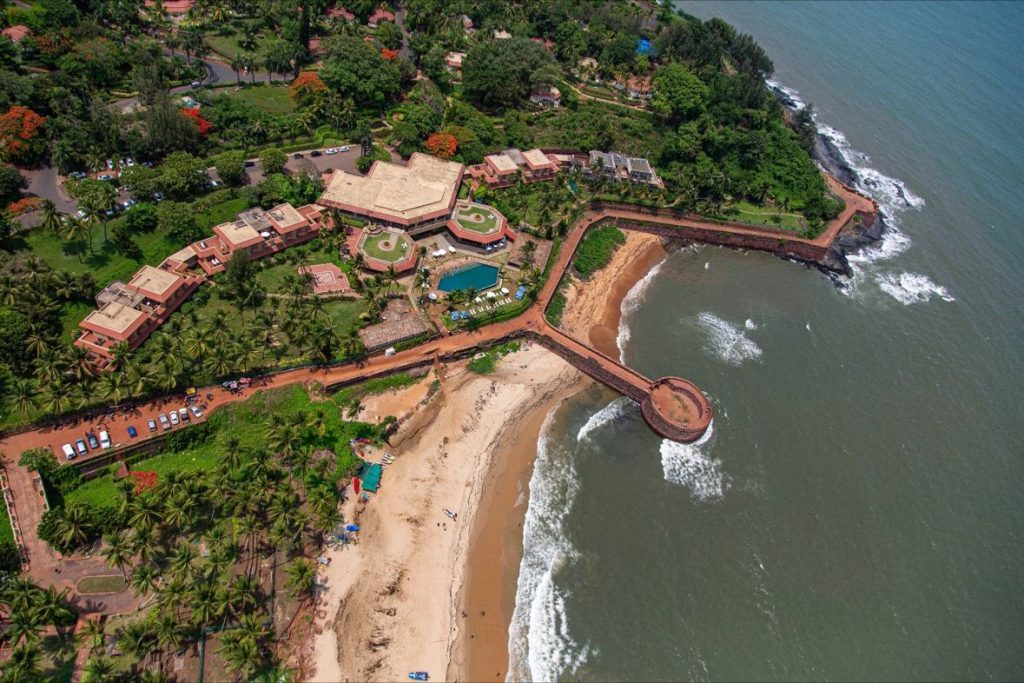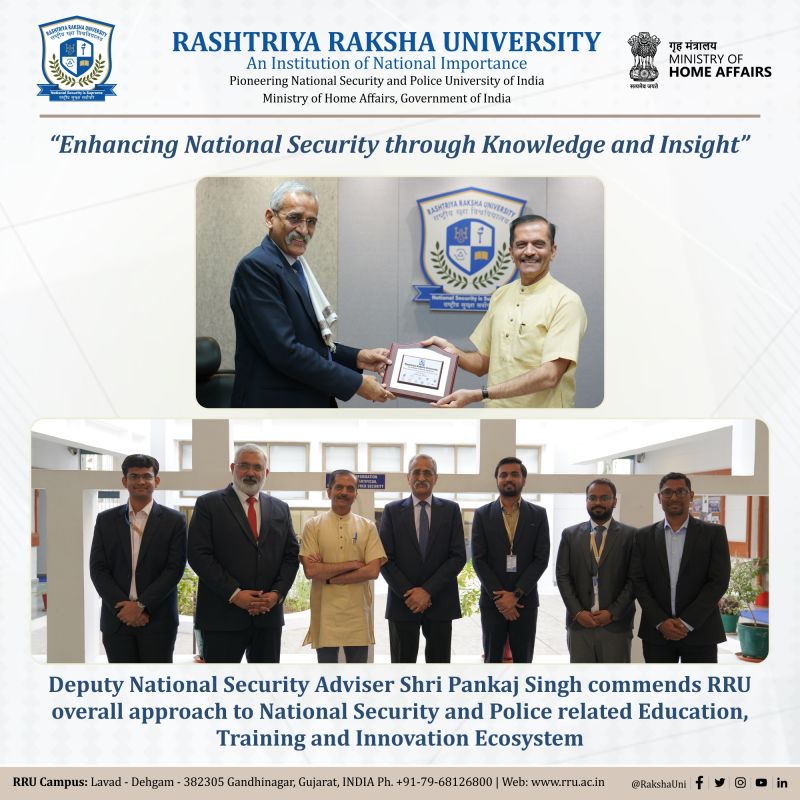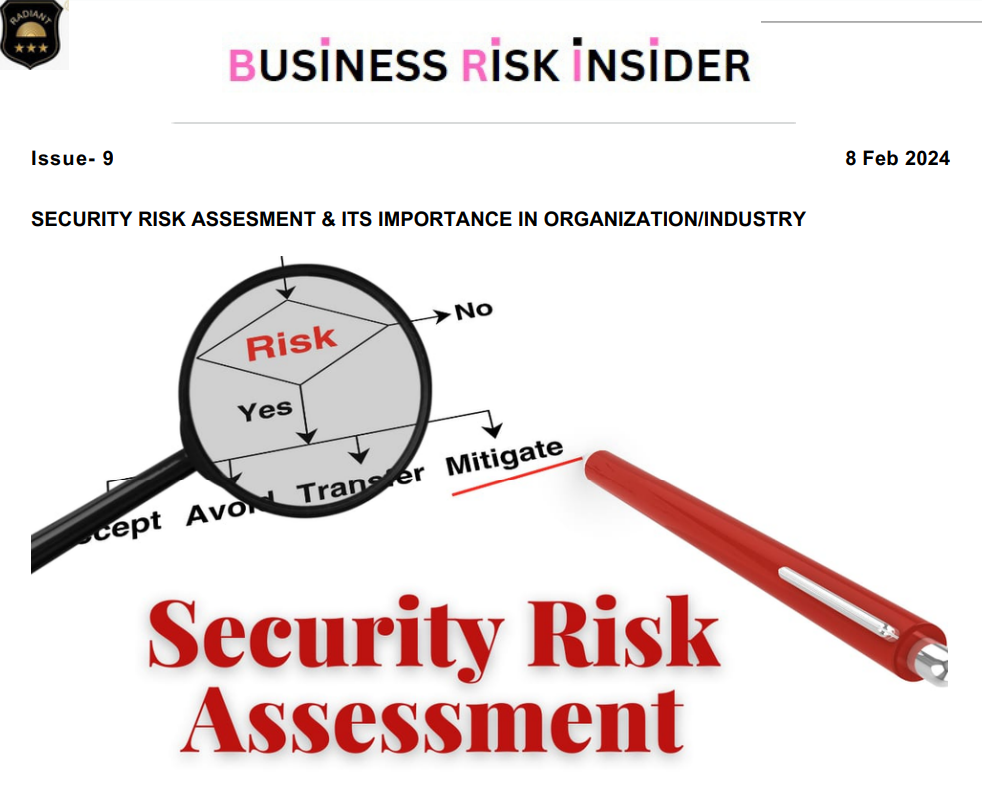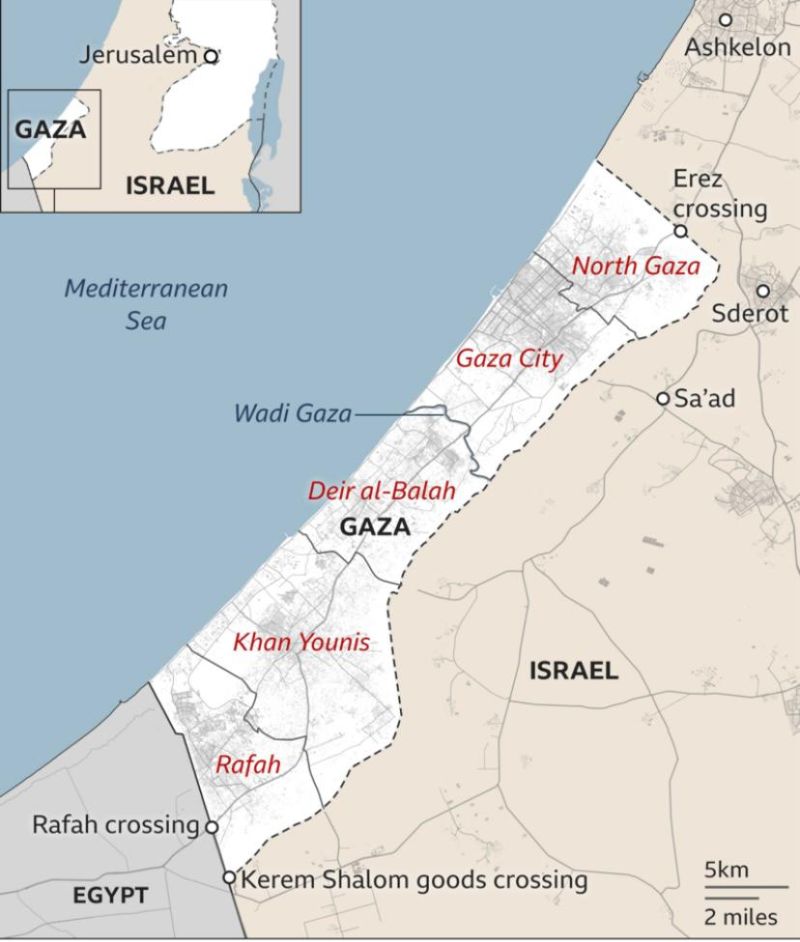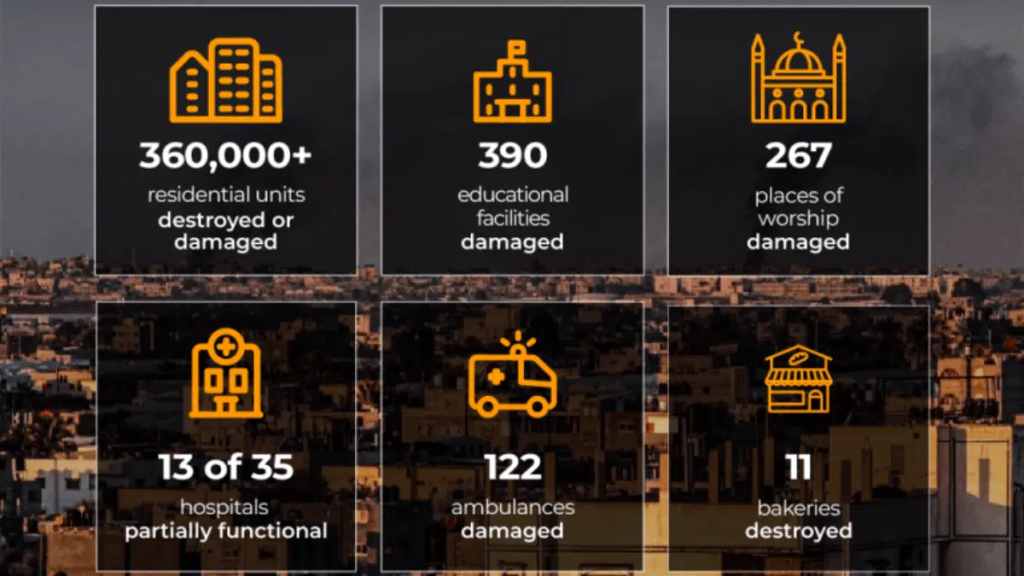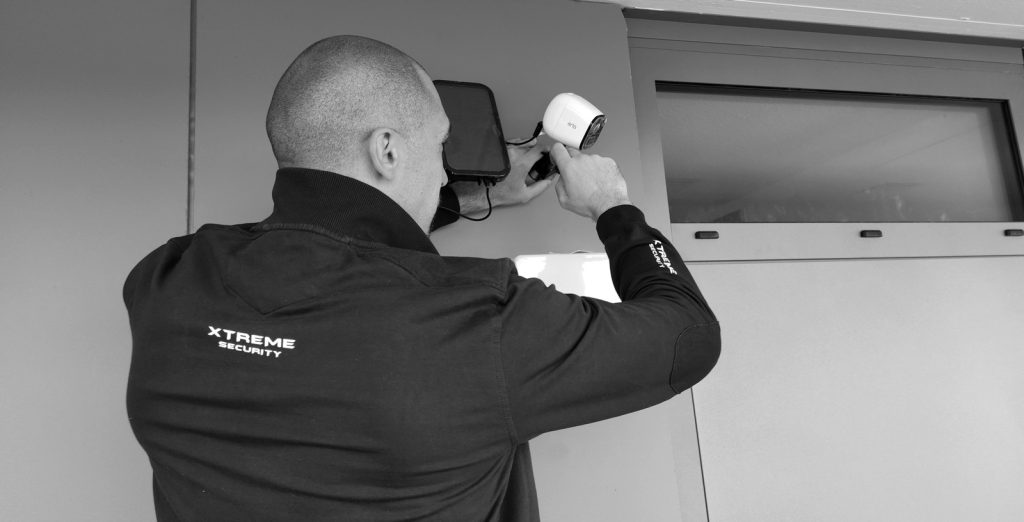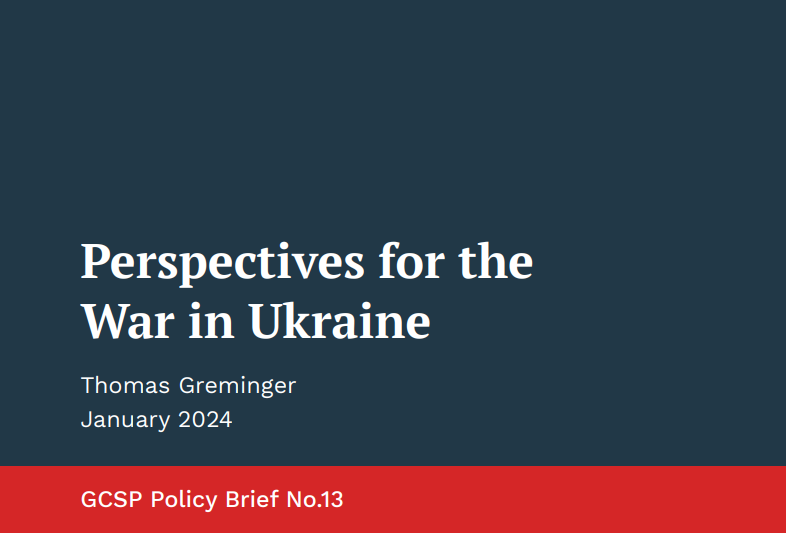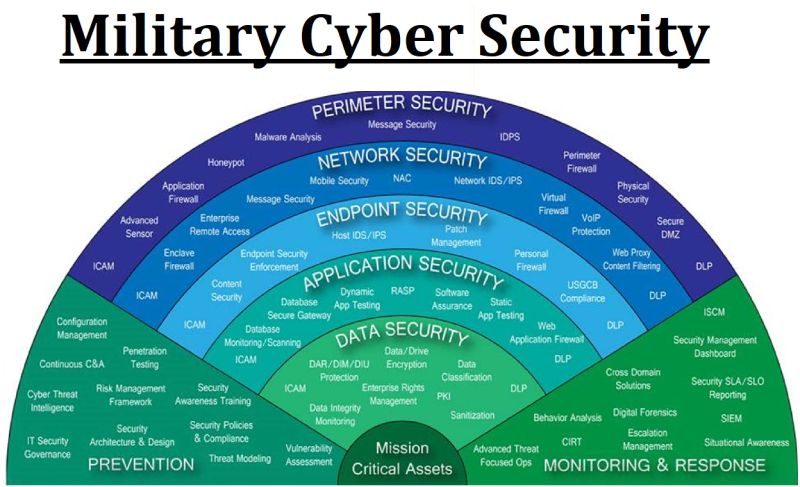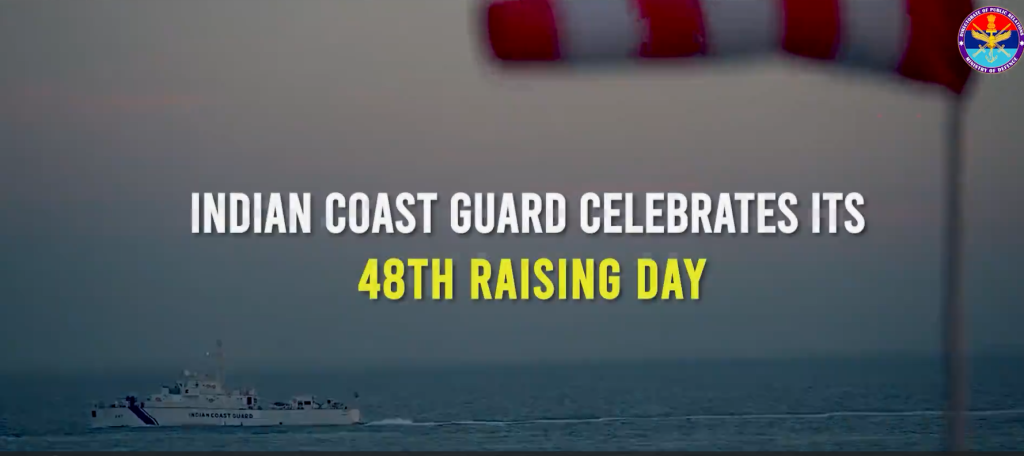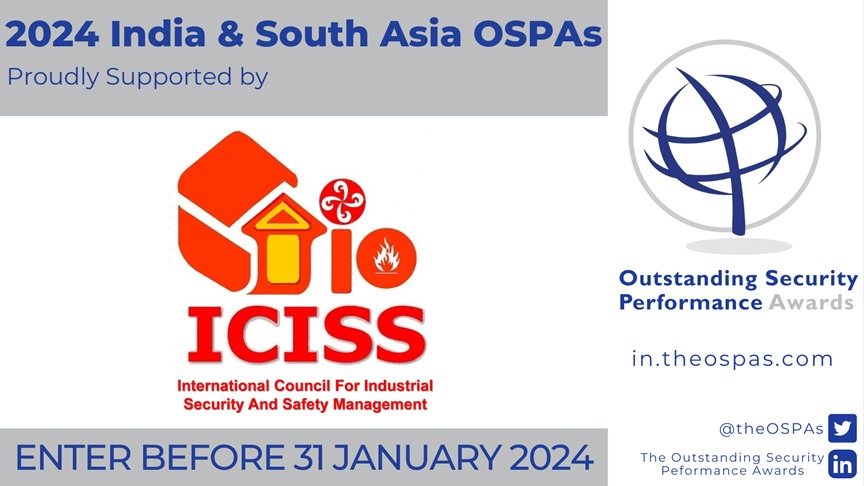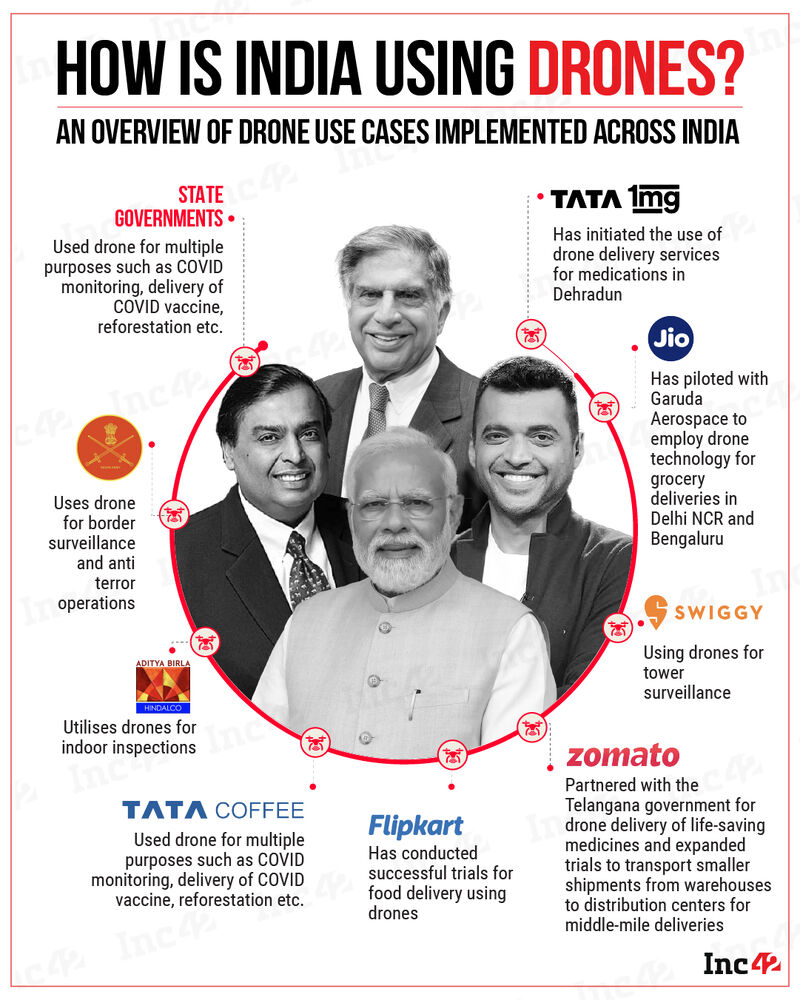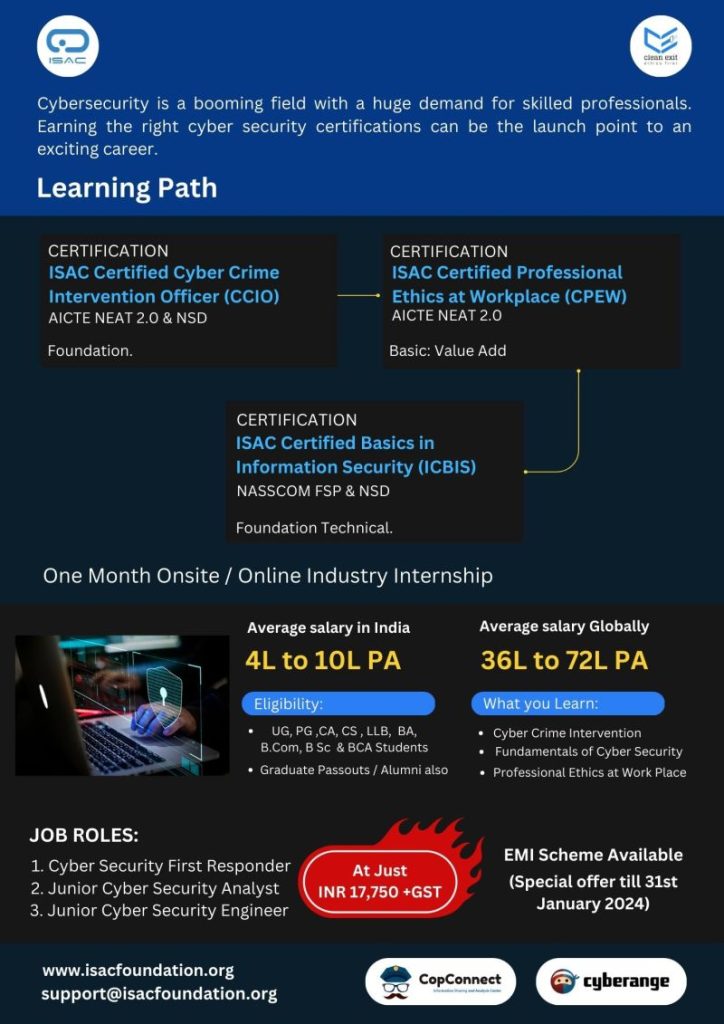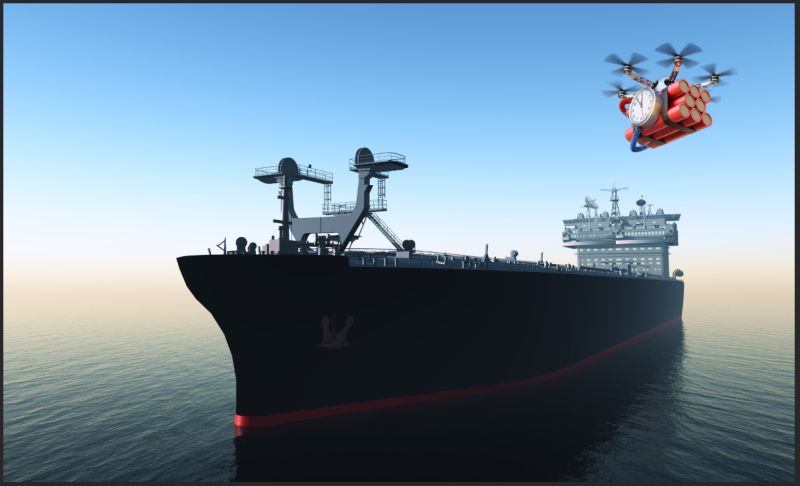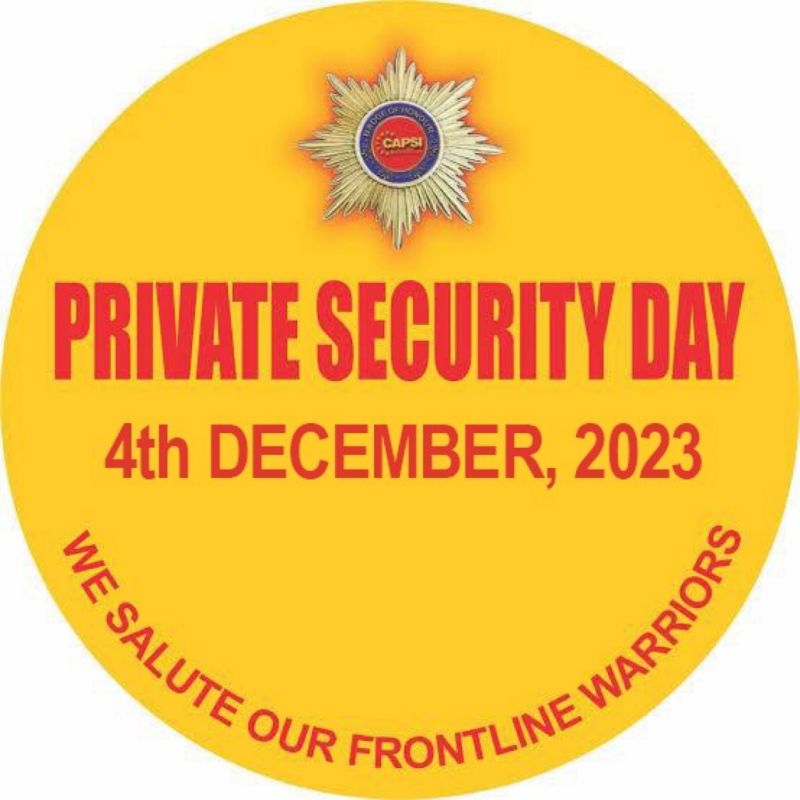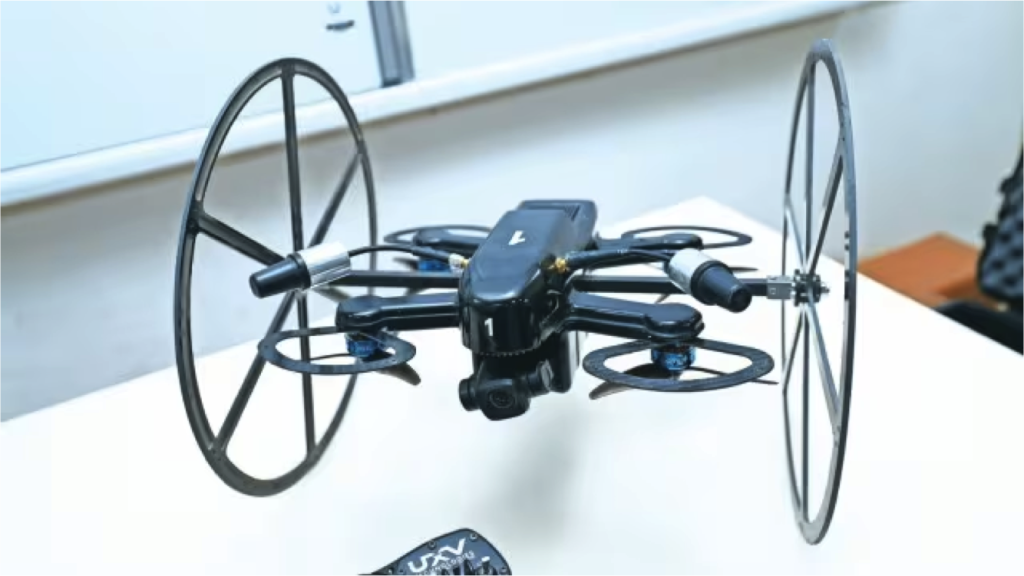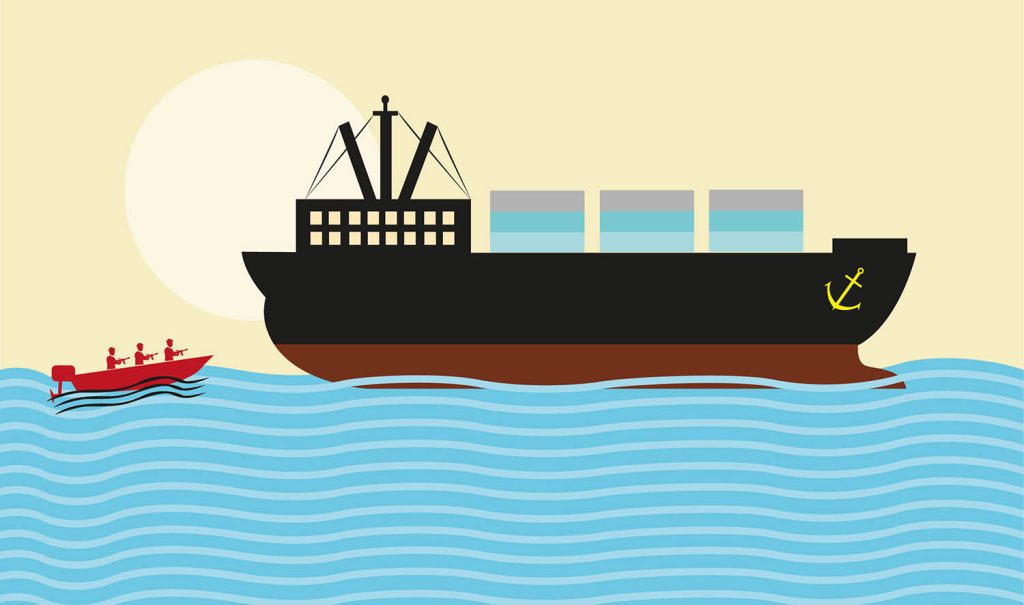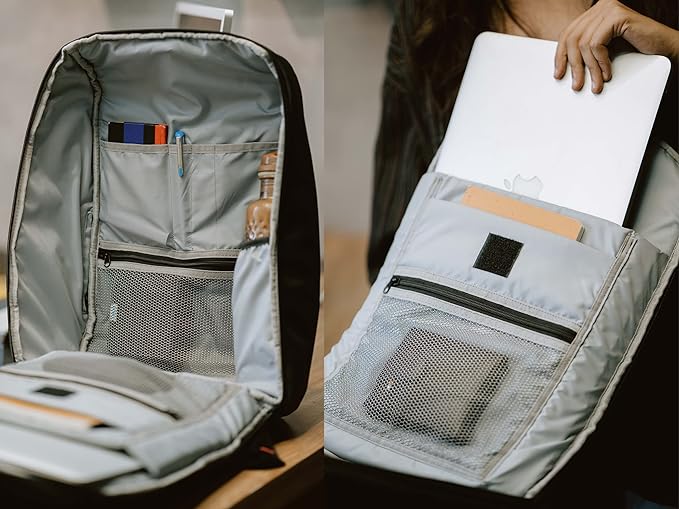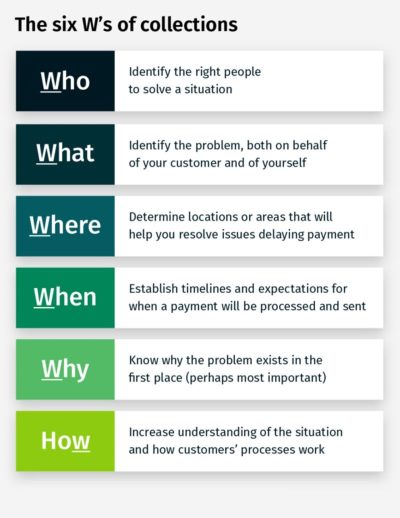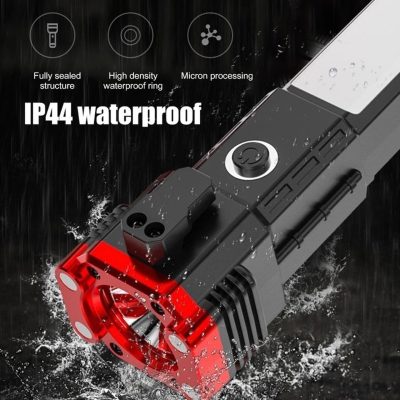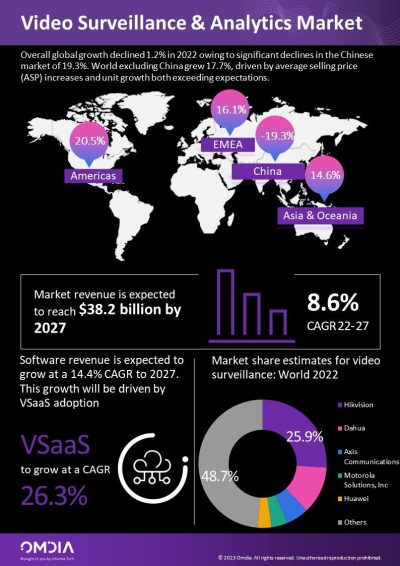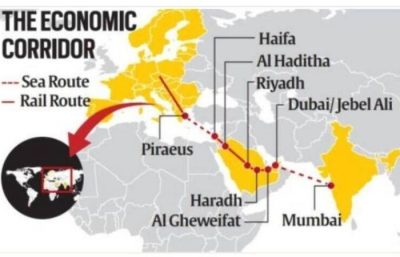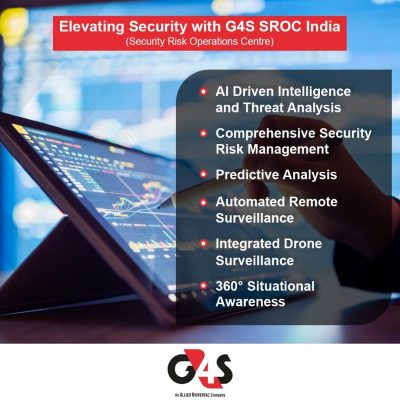Piracy and armed robbery at sea
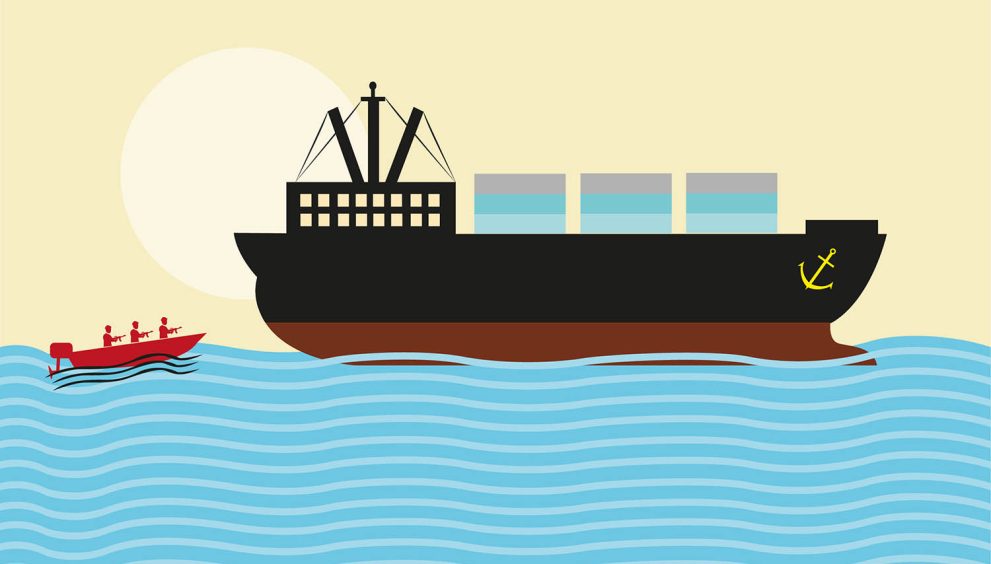
https://www.gard.no/web/content/piracy-and-armed-robbery-at-sea
While most incidents occur in South-East Asian waters, the Gulf of Guinea, and certain South American ports, acts of piracy and armed robbery against vessels are not restricted to these known ‘high risk’ regions. Prior to entering any piracy and armed robbery prone area, it is therefore important to review the vessel security plan in light of latest information received, conduct a voyage specific risk assessment, brief and train the crew and prepare and test the vessel’s emergency communication plans. Planning ahead is key!
Below we have provided an overview of Gard’s most relevant publications on this topic. We have also highlight some of the fundamental requirements to avoid attack by pirates and armed robbers and provided links to some of the relevant guidelines and websites that may assist vessel operators, masters and crews to stay alert and prepare and respond to piracy and armed robbery attacks.
| Gard material Piracy trends and high risk areas (2023)‘Bridge Cards’ for use in high-risk areas (2022)Maritime security – unsafe seas, insecure crew (2021)Do not switch off the AIS in Nigerian waters (2020)Best Management Practices West Africa (2020)Case Study for onboard safety meeting: Piracy attackGUARDCON West Africa (Member Circular No.1-2014)BIMCO GUARDCON Contract for the employment of security guards on vessels (Member Circular No.2-2012) |
Work of the International Maritime Organization (IMO)
The threat posed by piracy and armed robbery against ships has been on the IMO’s agenda since the early 1980s. Reports of actual and attempted attacks by pirates and armed robbers against ships are continuously promulgated via the Piracy and Armed Robbery module within the IMO’s Global Integrated Shipping Information System (GISIS) as soon as they are received from Member States and reporting organizations. The organization has adopted appropriate guidance aimed at assisting ship operators and crew on preventing and suppressing acts of piracy and armed robbery against ships.
A definition of ‘piracy’ can be found in Article 101 of UNCLOS whereas a definition of ‘armed robbery against ships’ can be found in IMO Resolution A.1025(26).
The IMO also supports the various best practice guides developed by the shipping industry and which outline appropriate procedures to be employed when responding to acts or attempted acts of piracy and armed robbery against ships in specific regions. Click here for an overview of the latest guidance adopted by the IMO regarding piracy related matters.
Industry best practice guides
The Maritime Global Security website (https://www.maritimeglobalsecurity.org/) is supported by a number of shipping industry associations, including the International Group of P&I Clubs (IG), and serves as a ‘one stop shop’ for maritime security advice. It provides links to all security-related guidance produced by the industry as well as to many useful maritime and military security resources. Drop-down menus allow users to find relevant information and guidance either based on types of maritime security risks or geography and specific trading areas. Central to the website is a collection of best practice guides to assist companies and mariners to risk assess voyages and detect, avoid, deter or delay piracy attacks, such as the:
- Global Counter Piracy Guidance for Companies, Masters and Seafarers
- Best Management Practices to Deter Piracy and Enhance Maritime Security in the Red Sea, Gulf of Aden, Indian Ocean and Arabian Sea (BMP5)
- Best Management Practices to Deter Piracy and Enhance Maritime Security off the Coast of West Africa including the Gulf of Guinea (BMP West Africa)
- Regional Guide 2 to Counter Piracy and Armed Robbery against ships in Asia
How to avoid attacks by pirates and armed robbers
In summary, the fundamental requirements of any best practice to avoid attack by pirates and armed robbers are:
Understand the threat
- Gather accurate information on the situation before operating in waters where attacks have been known to occur.
- Closely monitor the threat situation, e.g. via websites of the IMO and International Maritime Bureau’s Piracy Reporting Centre (IMB PRC), and stay in close contact with the ship’s local agents and regional authorities to obtain the most up to date and reliable information available at any given time.
- Depending on the threat situation, consider seeking timely expert advice from specialized maritime intelligence agencies to aid the decision making process.
Assess the risk and determine the ship protection measures to be applied
- Carry out a voyage specific threat and risk assessment prior to entering the region, review the Ship’s Security Plan.
- Adopt relevant ship protection measures (SPM) by following available industry best practice guidance, such as the Global Counter Piracy Guidance or any of the regional initiatives which provide more detailed guidance specific to the threat in that particular region.
- When considering relevant SPMs, apply a ‘layered defence’ methodology in accordance with the example shown in the picture below. Remember that ships can be attacked both when underway, at anchor and alongside.
- Note that a proper lookout is considered the most effective method of ship protection. It can help identify a suspicious approach or attack early on, allows defences to be deployed.
Prepare the crew
- Brief the crew on the security arrangements identified in the Ship Security Plan.
- Conduct drills prior to arriving in an area of increased risk. Many attempted piracy and armed robbery attacks are unsuccessful, countered by ships’ crew who have planned and trained in advance.
Register and report
- Report all attacks and suspicious sightings to the relevant regional Reporting centre, authorities of the coastal state(s), the ship’s own flag state and to the IMB PRC. The IMB PRC operates on a 24/7 basis and serves as a primary reporting point as well as a response coordination organization at a global level.
- Work together with other operators, military forces, law enforcement bodies and welfare providers in the region when necessary – both before, during and after an attack.
- If the voyage includes the transit of a Voluntary Reporting Area (VRA), register with the respective regional reporting centre when entering the VRA and submit daily ship position reports while operating within the VRA. The key regional reporting centres are:
| VRA | REPORTING CENTRE | ADMIRALTY CHARTS |
| Western Indian Ocean | The Maritime Security Centre – Horn of Africa (MSCHOA) The United Kingdom Maritime Trade Operations (UKMTO) | Q6099Q6111 |
| West Africa | The Marine Domain Awareness for Trade – Gulf of Guinea (MDAT-GOG) | Q6114 |
| South-East Asia | The Singapore Information Fusion Centre (IFC) of the Singaporean Navy | Q6112Q6113 |
Insurance cover for piracy
The International Group of P&I Clubs has produced a “Piracy- FAQs” document to provide general clarification and guidance on a number of matters concerning insurance cover issues arising out of piracy incidents. It provides an overview of the scope of cover provided by P&I, H&M, and war risks insurance, discusses questions related to engagement of private maritime security guards, and reviews some relevant charterparty issues.
While the questions and answers in the document are focused on piracy in the High-Risk Area in the Indian Ocean, they also apply to piracy and armed robbery against vessels in the Gulf of Guinea and other similarly affected areas.
Use of external security companies
Armed private security guards
The decision to engage privately contracted armed security personnel (PCASP) onboard ships is an operational one for ship operators. There is no cover restriction or prohibition per se on the engagement of or the use of PCASP and Gard’s current position on this is neutral.
However, to place PCASP onboard a ship should only be considered after a thorough risk assessment and should not be a substitute for, but in appropriate cases, a supplement to effective compliance with the latest versions of industry best practice guides. In making such a decision, we expect our Members and clients to follow the due diligence principles set out by the IMO and ensure they comply with all applicable laws and regulations, including those of their flag state, coastal states and any other relevant authority.
BIMCO has developed an agreement, GUARDCON, for the hire of the services of private security guards onboard ships which, since its inception, has provided contractual certainty for shipowners and private maritime security companies. It continues to serve as the benchmark contract for shipowners and IG clubs and we strongly recommend the use of this agreement. However, as BIMCO’s GUARDCON in its unamended form is not a suitable contract to use for the engagement of PCASPs off West Africa, where it is contemplated armed security personnel provided by littoral states will operate alongside unarmed PCASPs, it is worth noting that the IG Clubs have produced an amended version of the agreement for this purpose, the GUARDCON WEST AFRICA.
Security escort vessels
In response to the increased necessity for shipowners and operators to use security escort vessels (SEVs) when operating in the Gulf of Guinea, BIMCO has launched a separate contract for this purpose, the SEV-GUARDCON. The contract provides a standard set of terms and conditions for engaging escort vessel services and has been drafted to enable cross-border transits where a SEV is needed to accompany a ship through the Exclusive Economic Zone (EEZ) or territorial waters of more than one state. However, as it only applies to the use of SEVs, shipowners who require escort vessel services combined with armed guards onboard their ship should use the SEV-GUARDCON together with a contract for the hire of PCASPs.
All BIMCO contracts and clauses are available at: https://www.bimco.org/contracts-and-clauses
https://www.gard.no/web/content/piracy-and-armed-robbery-at-sea
- IMO Global Integrated Shipping Information System (GISIS): https://gisis.imo.org
- International Chamber of Commerce’s International Maritime Bureau’s Piracy Reporting Center (IMB PRC): https://www.icc-ccs.org/piracy-reporting-centre
- NATO Shipping Centre (NCS): https://shipping.nato.int/nsc
- US Office Of Naval Intelligence (ONI): https://www.oni.navy.mil/News/Shipping-Threat-Reports/
- United Kingdom Hydrographic Office (UKHO) – Security Related Information to Mariners (SRIM): https://www.admiralty.co.uk/maritime-safety-information/security-related-information-to-mariners
- The Joint War Committee (JWC) of the Lloyd’s Market Association (LMA): http://www.lmalloyds.com/lma/jointwar
- United Kingdom Maritime Trade Operations (UKMTO): https://www.ukmto.org/indian-ocean
- Maritime Security Centre – Horn of Africa (MSCHOA): https://www.mschoa.org/
- Combined Maritime Forces (CMF): https://combinedmaritimeforces.com/
- Marine Domain Awareness for Trade – Gulf of Guinea (MDAT-GoG): https://gog-mdat.org/home
- Regional Cooperation Agreement on Combating Piracy and Armed Robbery against Ships in Asia Information Sharing Center (ReCAAP ISC): https://www.recaap.org/
- Singapore Information Fusion Centre (IFC): https://www.ifc.org.sg/
· Piracy trends and high risk areas (2023)
· ‘Bridge Cards’ for use in high-risk areas (2022)
· Maritime security – unsafe seas, insecure crew (2021)
· Do not switch off the AIS in Nigerian waters (2020)
· Best Management Practices West Africa (2020)
· Case Study for onboard safety meeting: Piracy attack
· GUARDCON West Africa (Member Circular No.1-2014)
BIMCO GUARDCON Contract for the employment of security guards on vessels (Member Circular No.2-2012)
Stay updated

 Member Login
Member Login 


